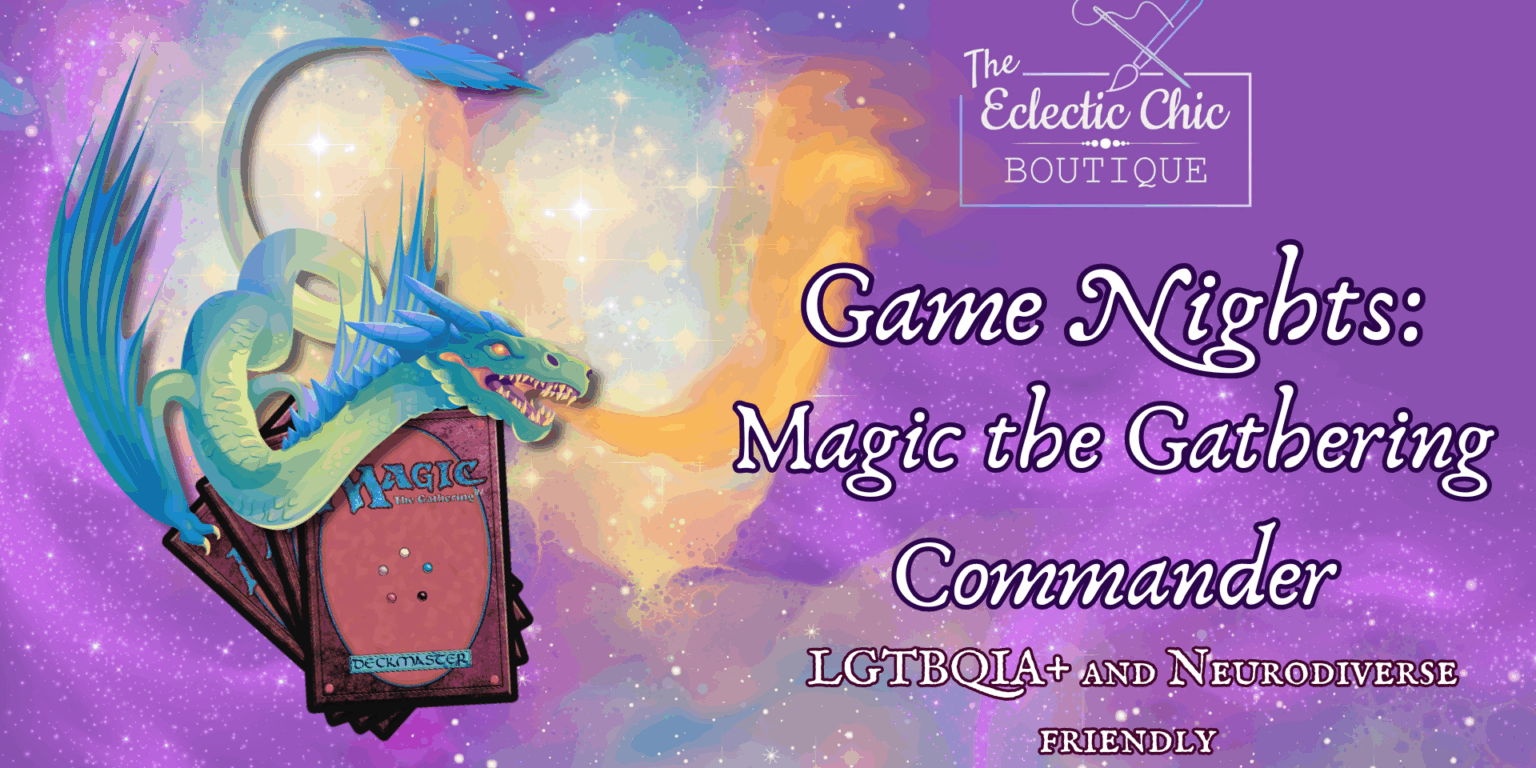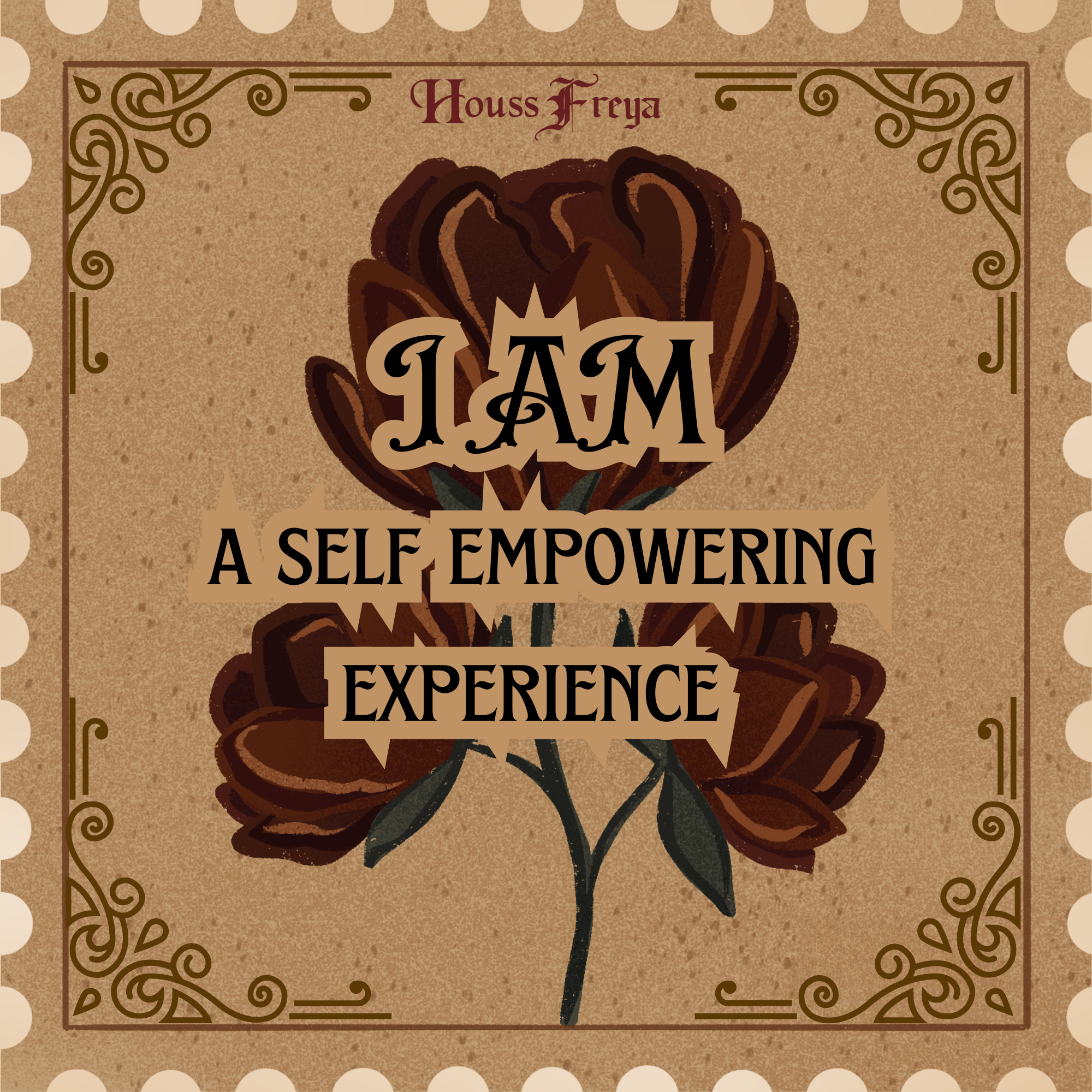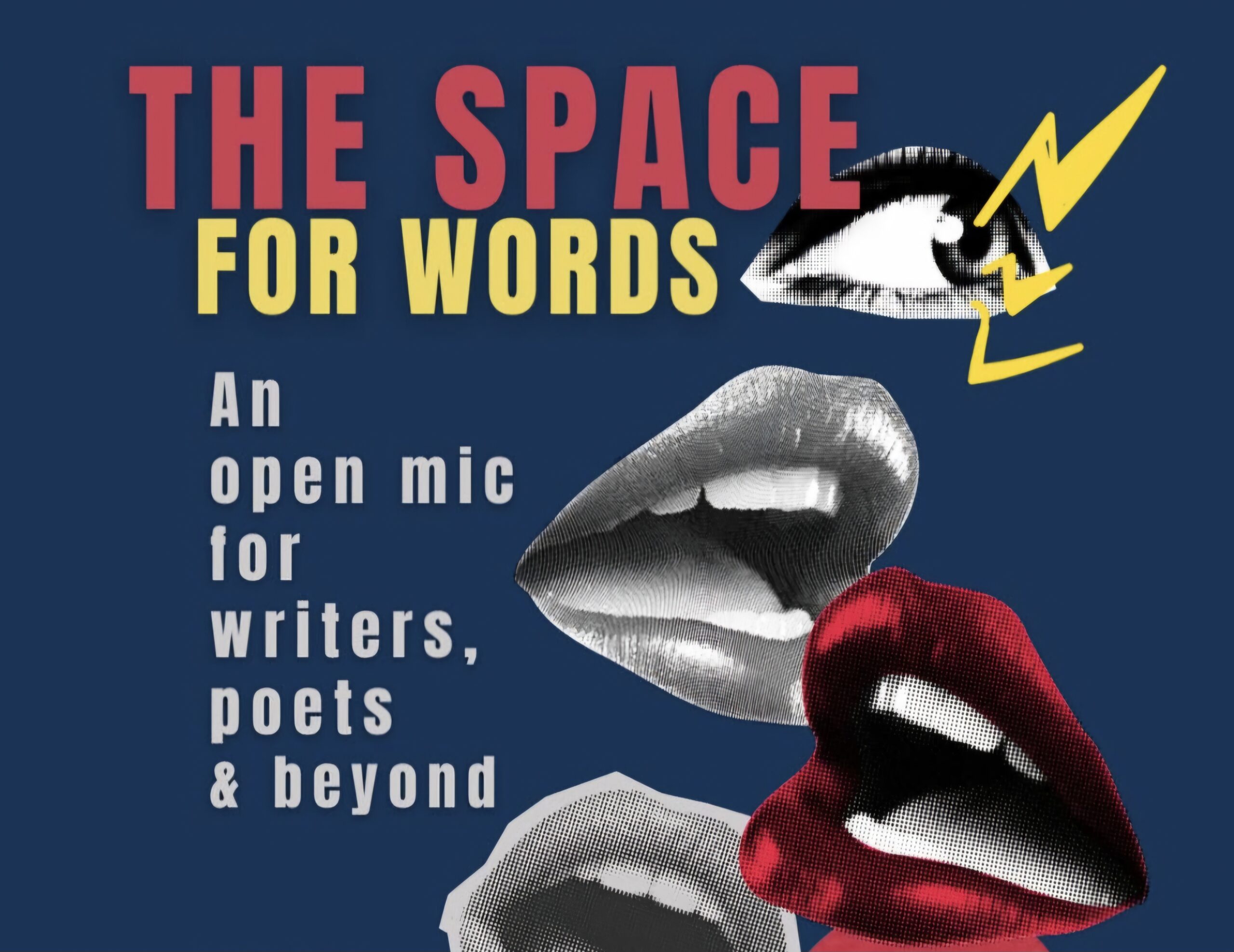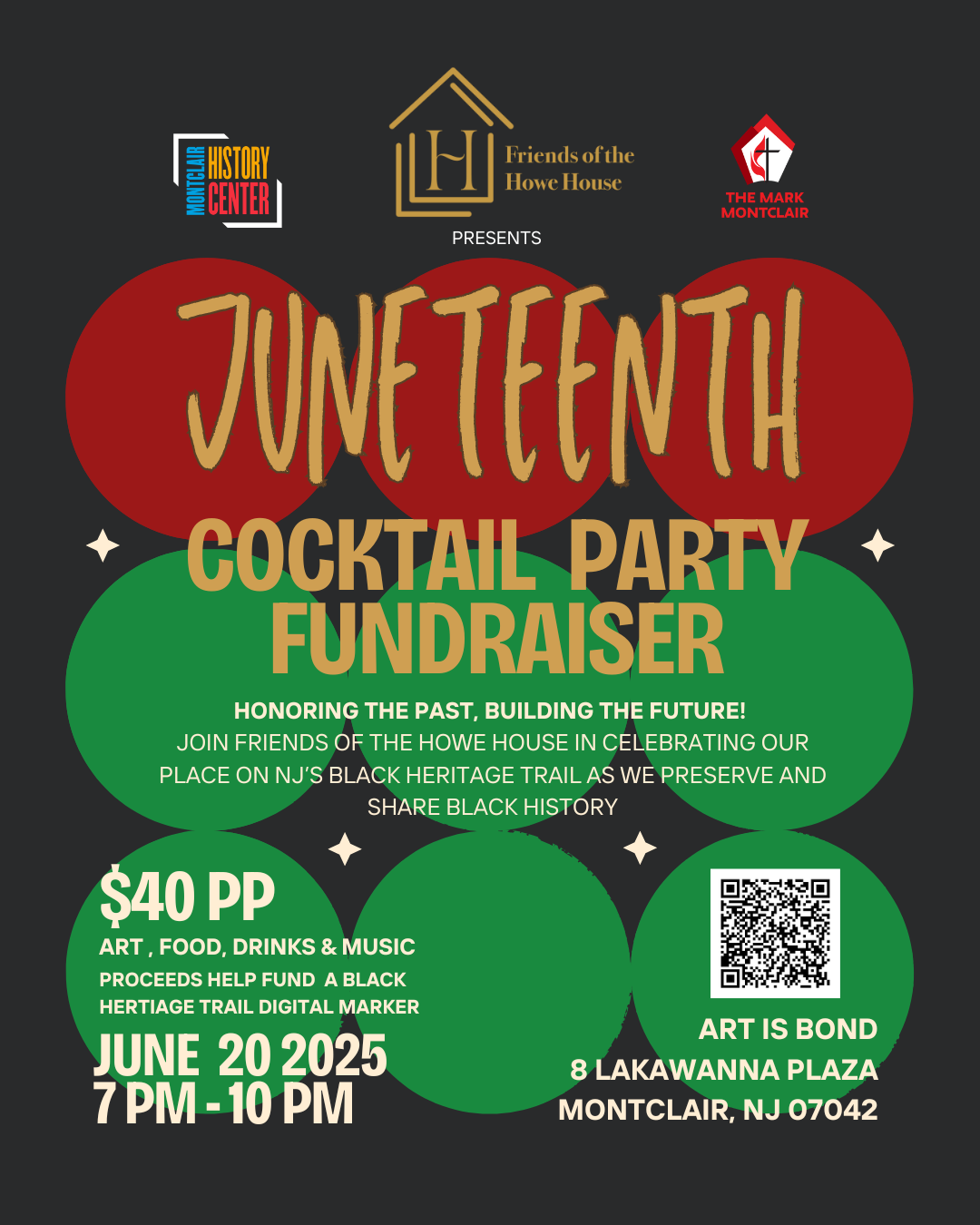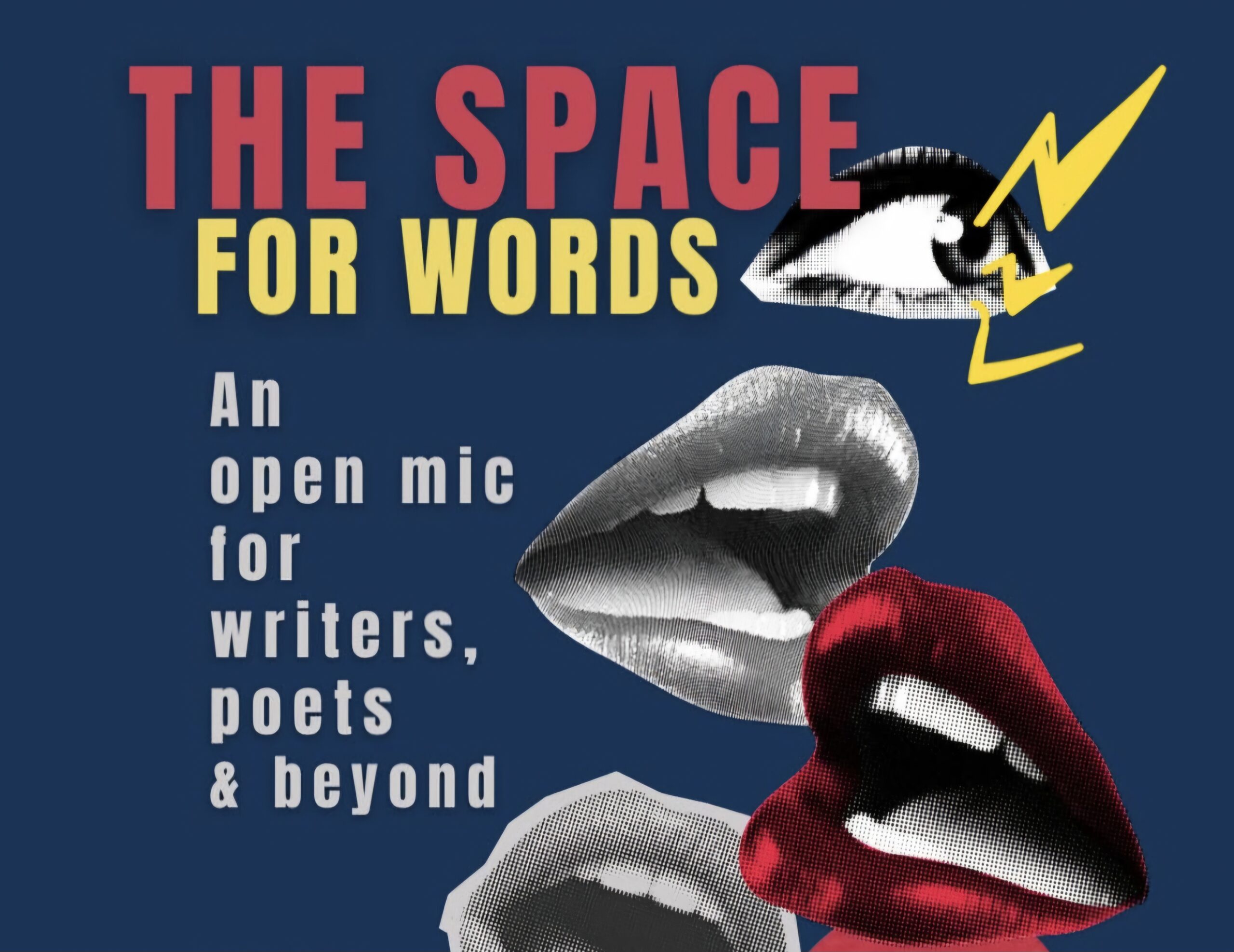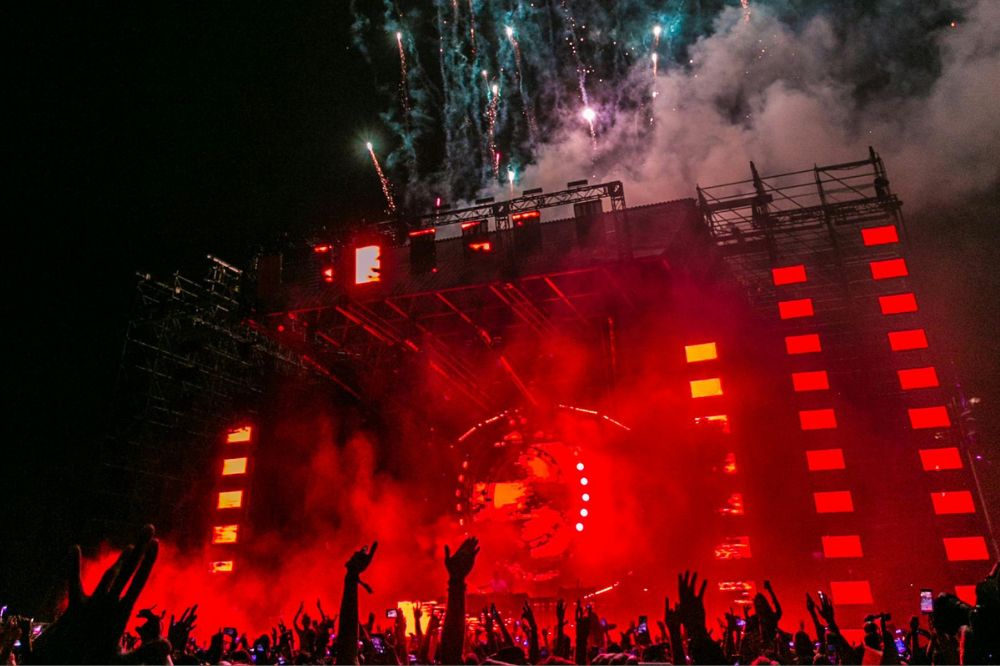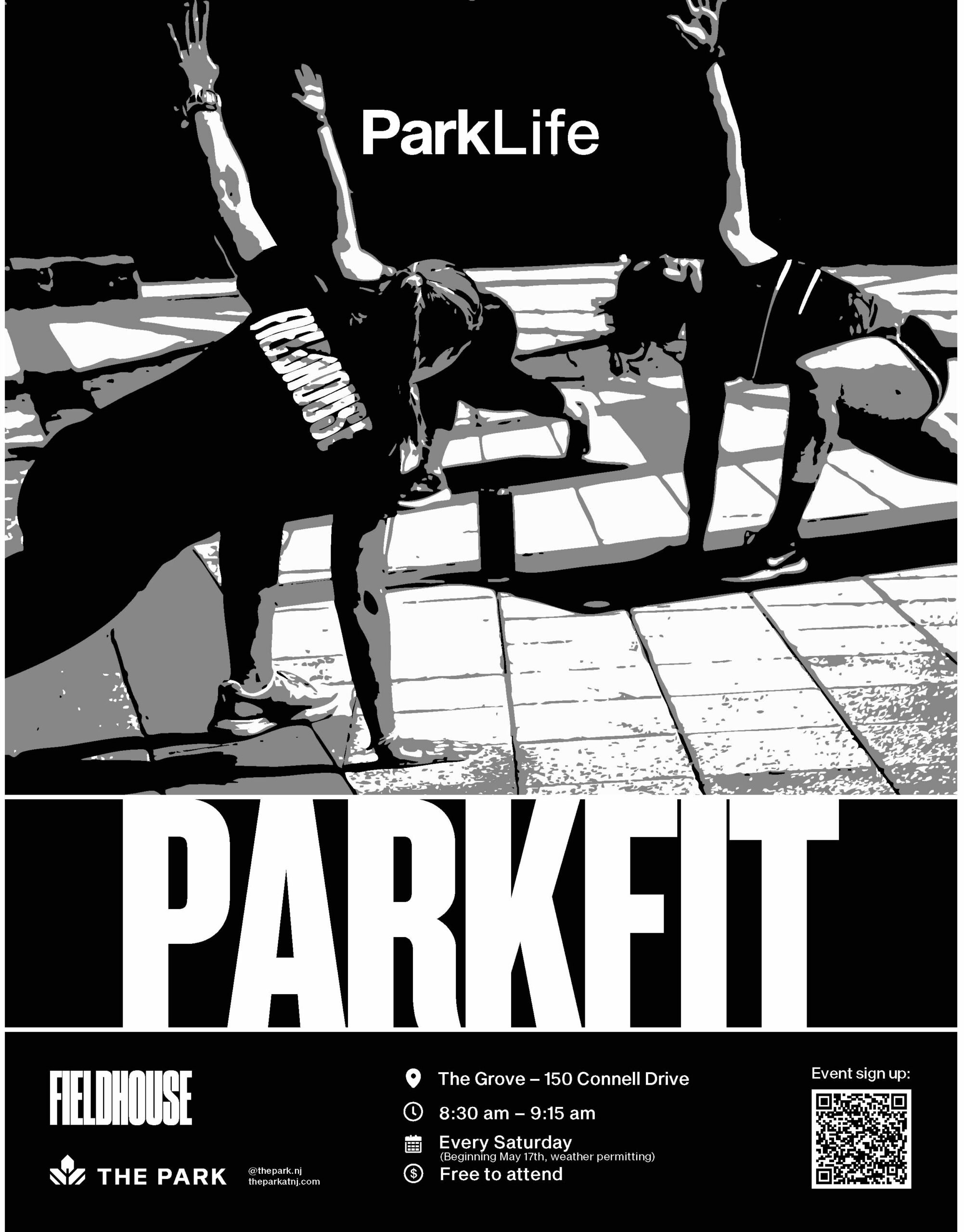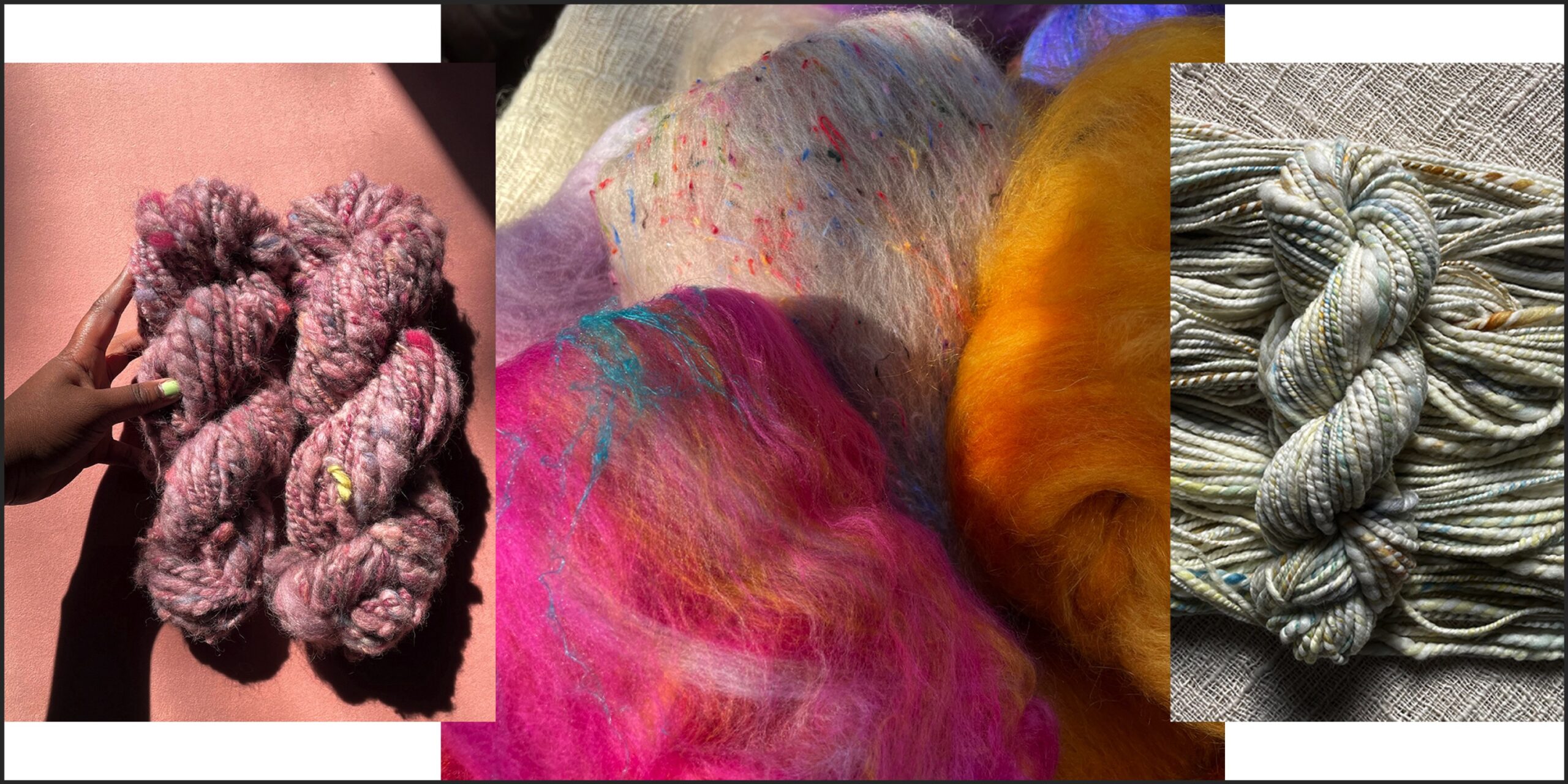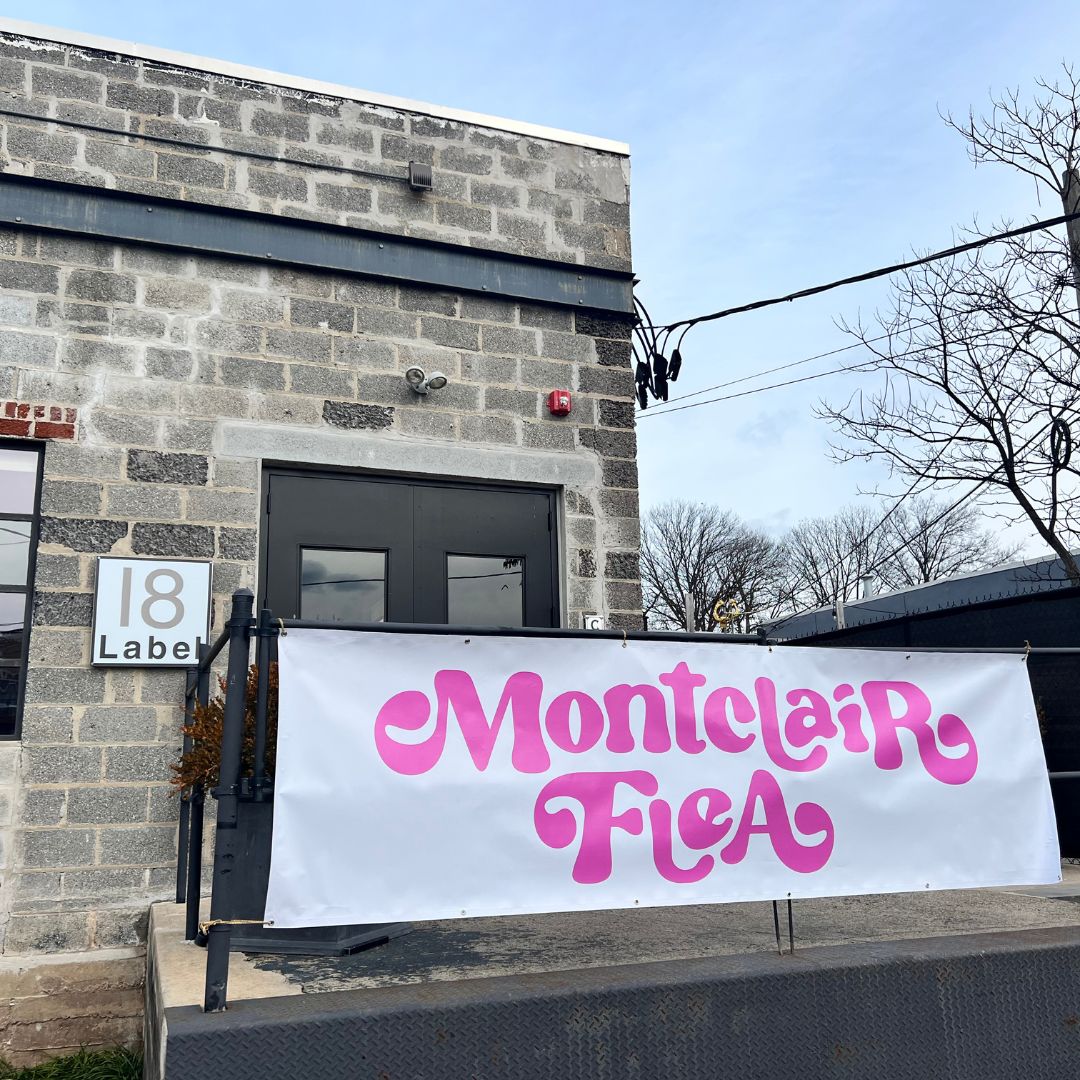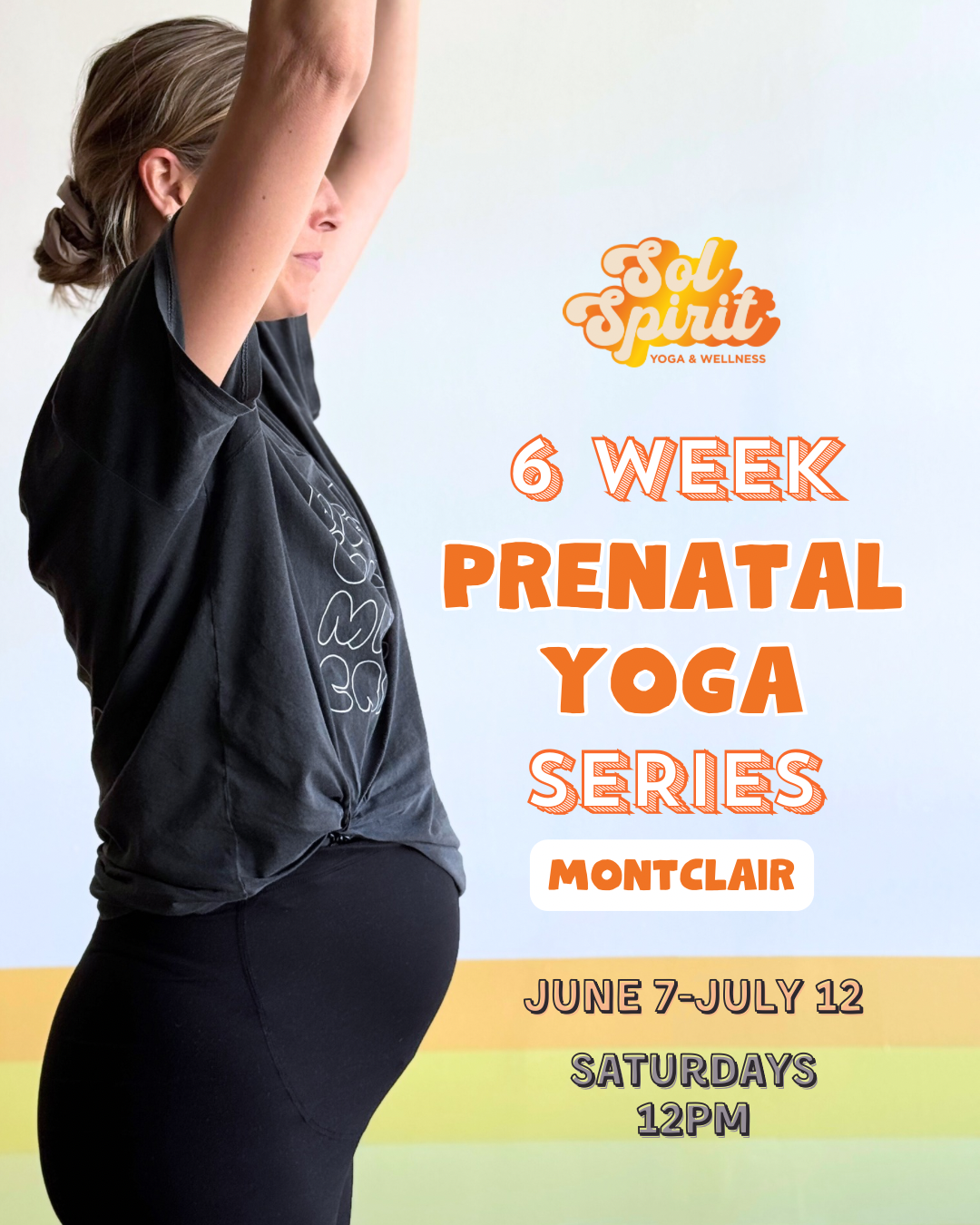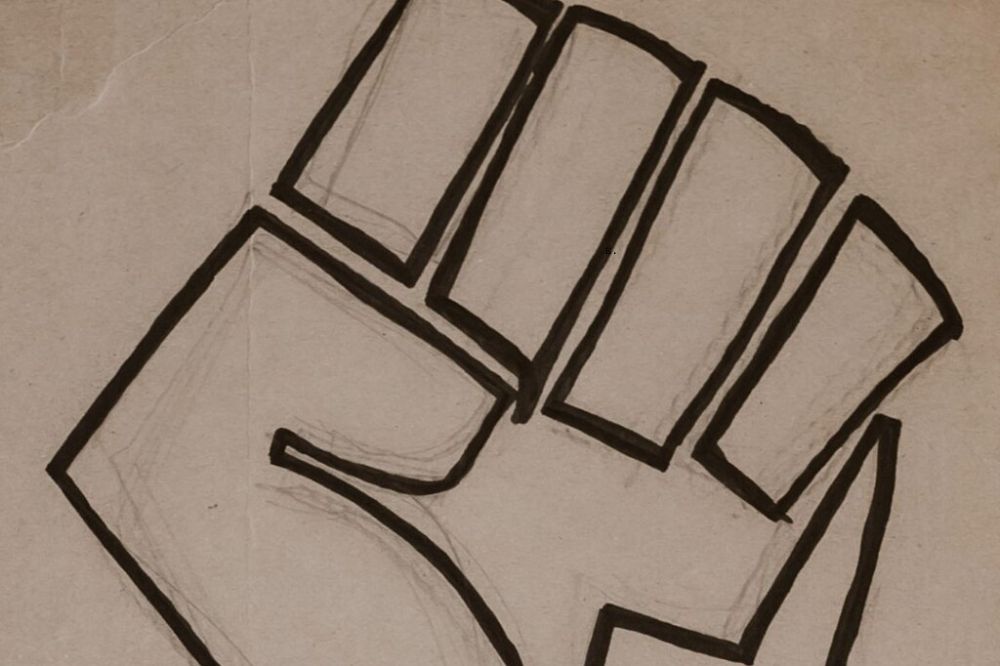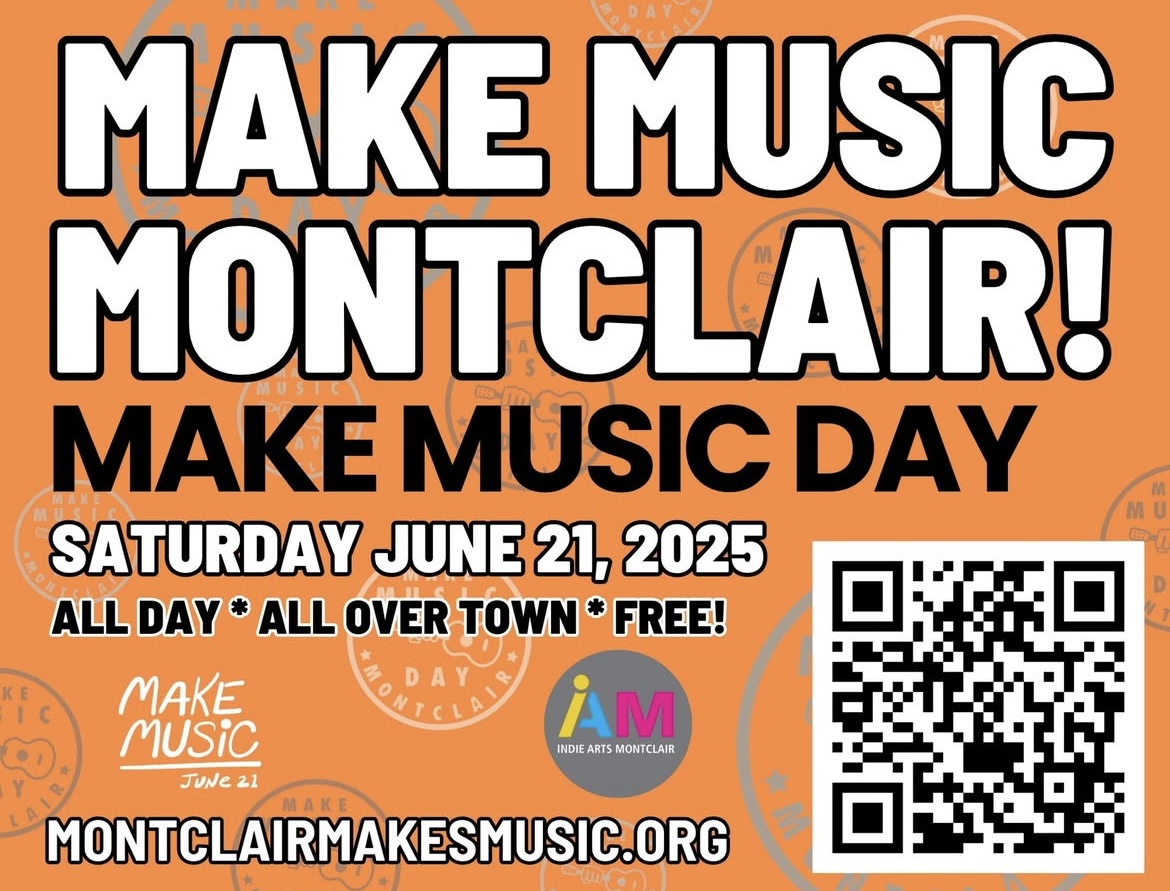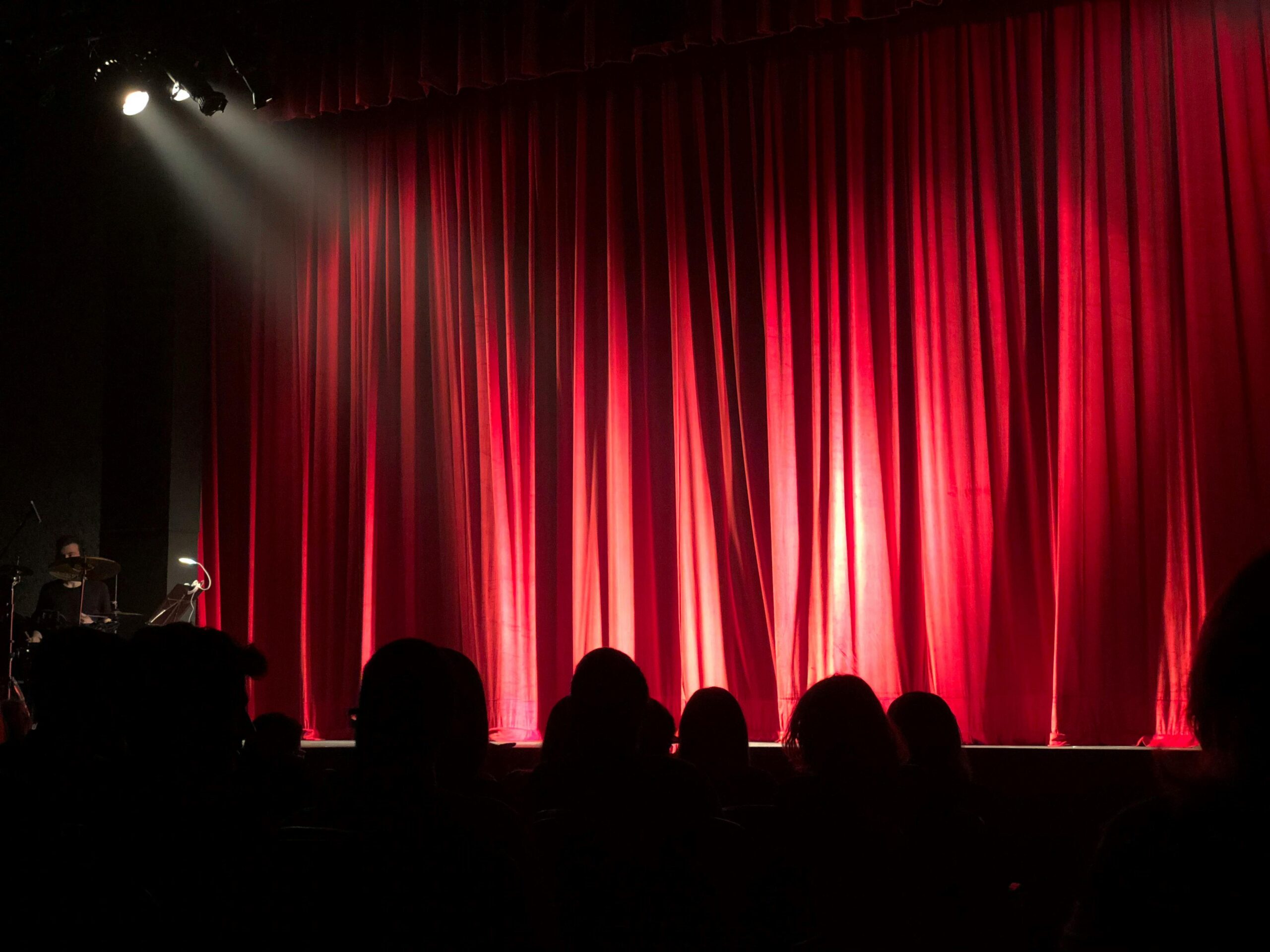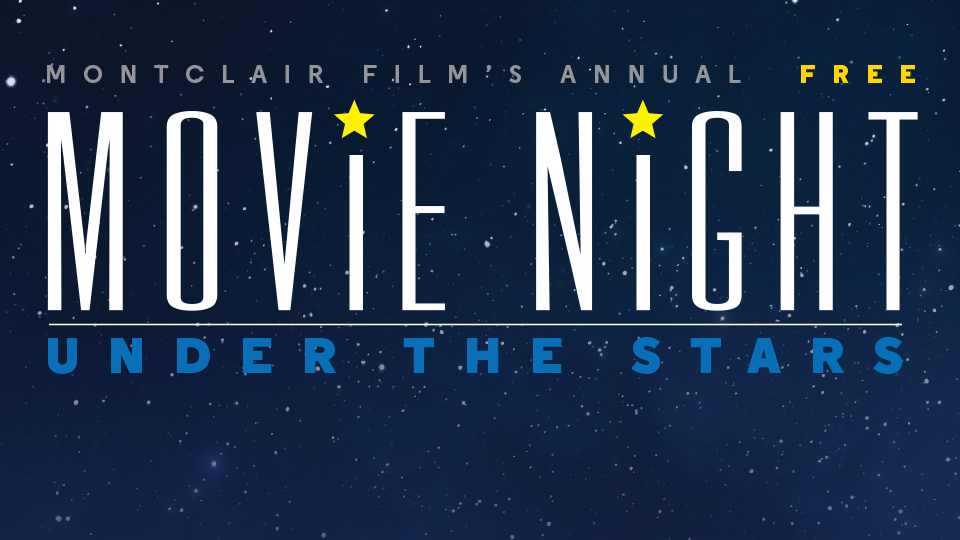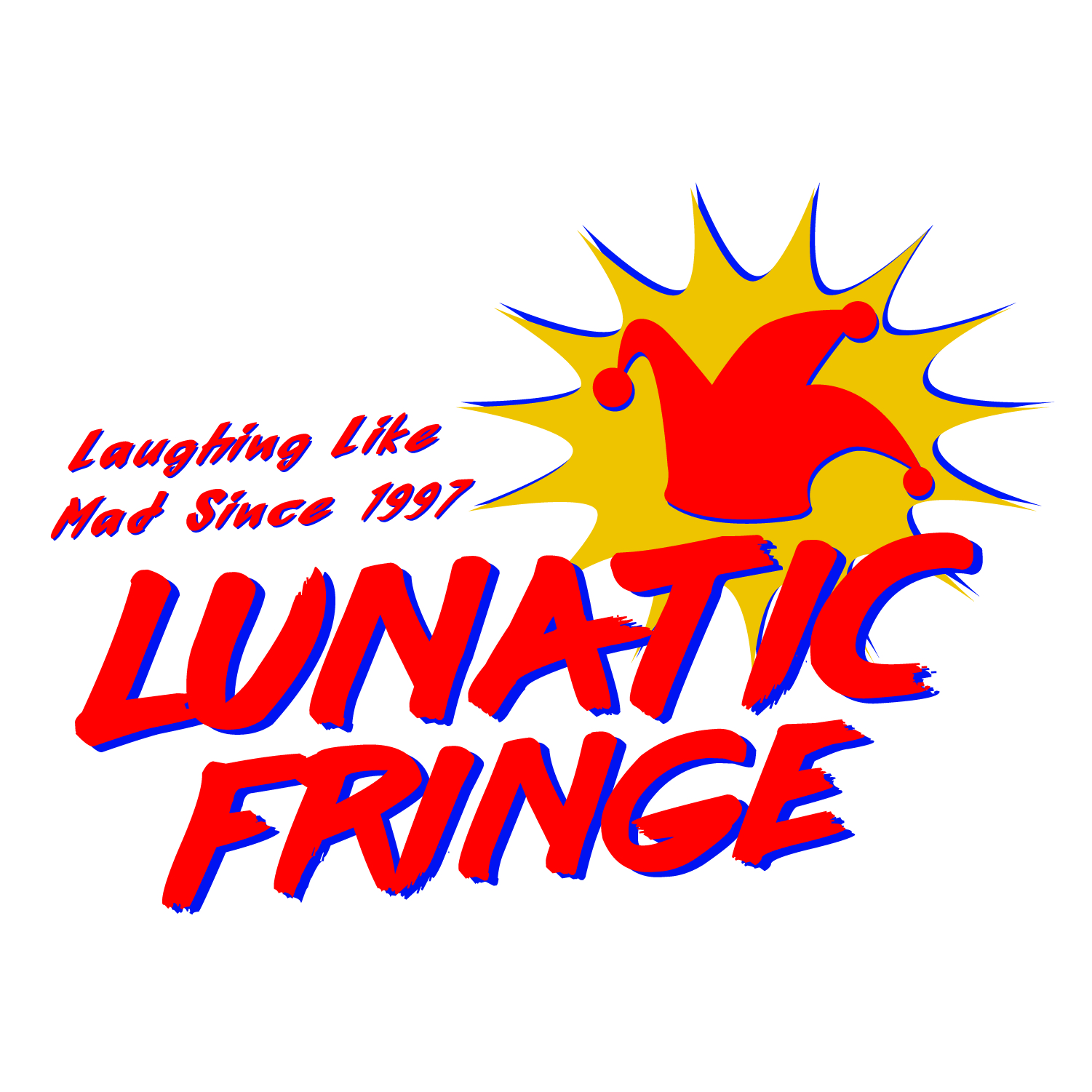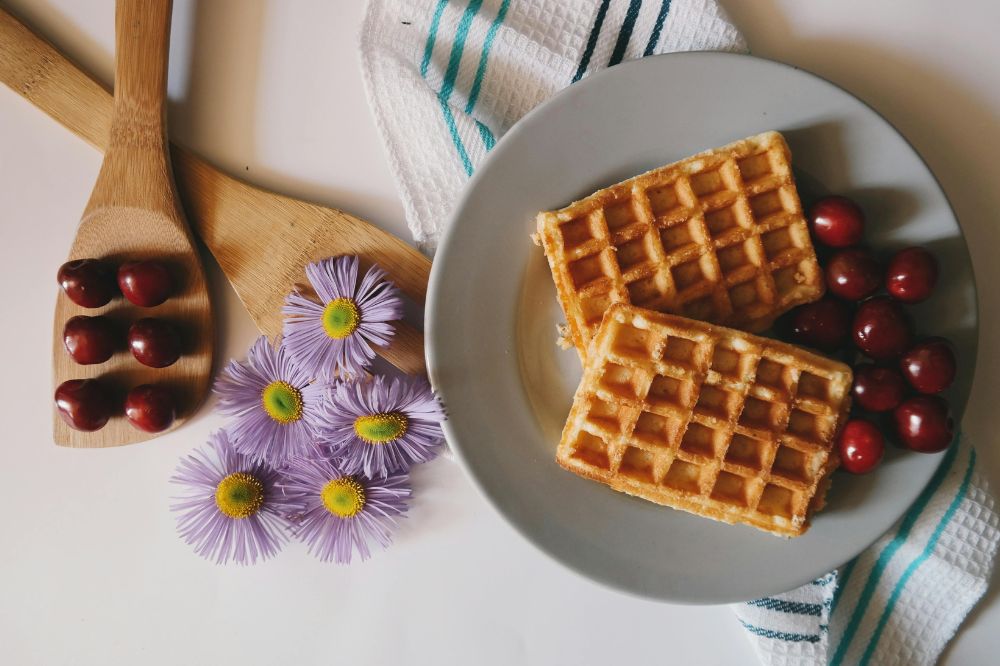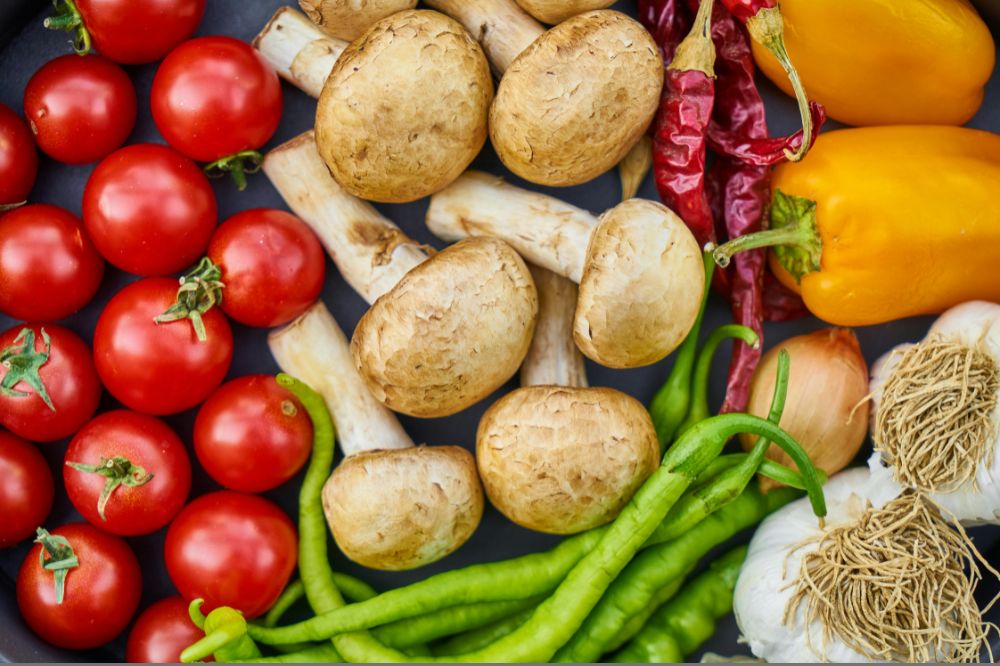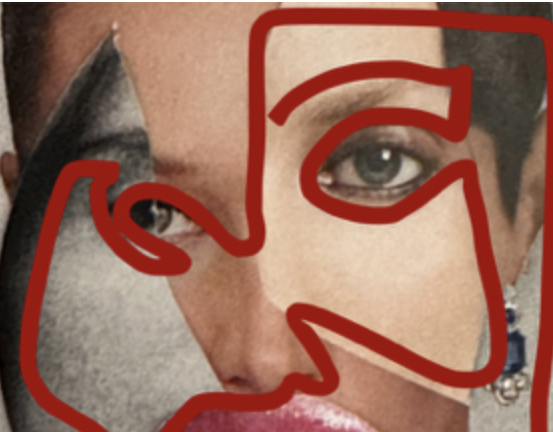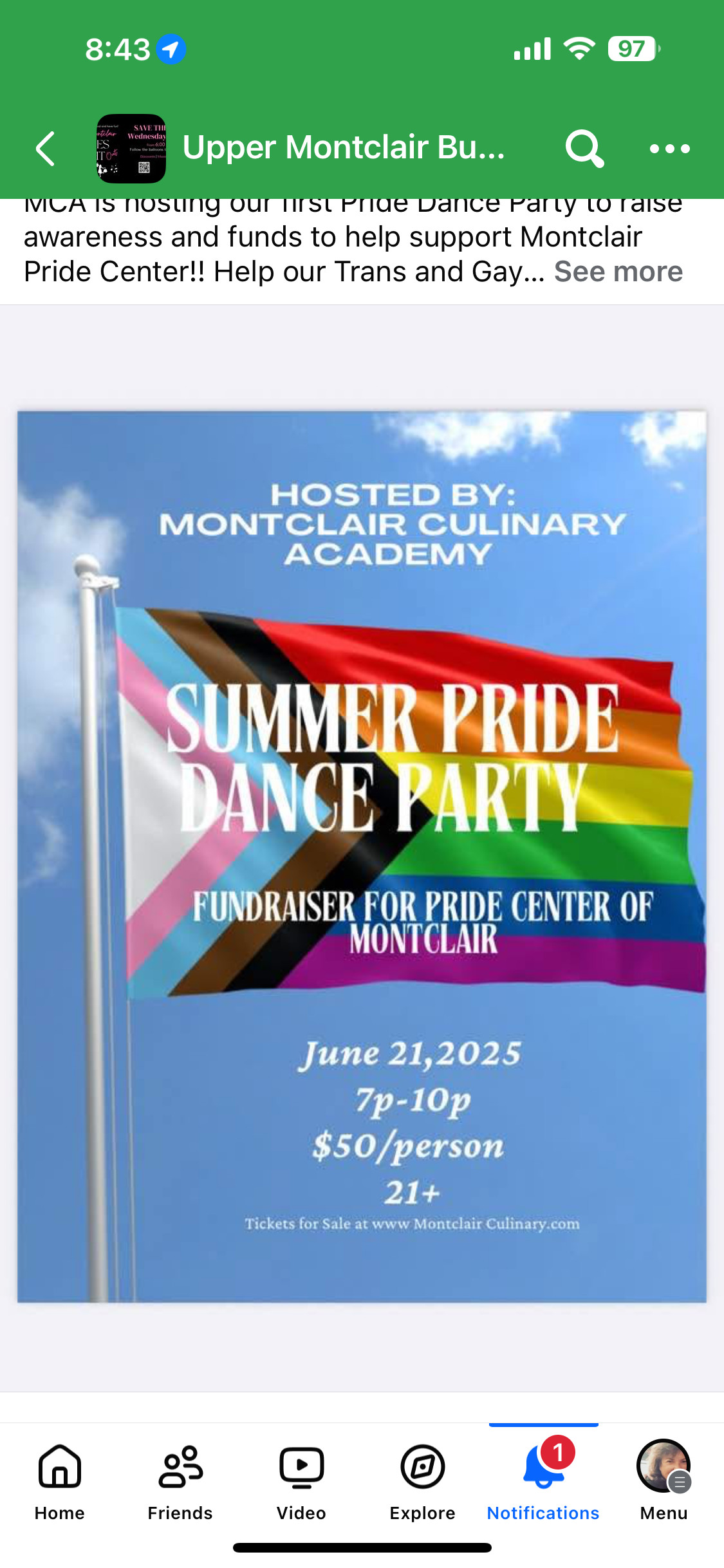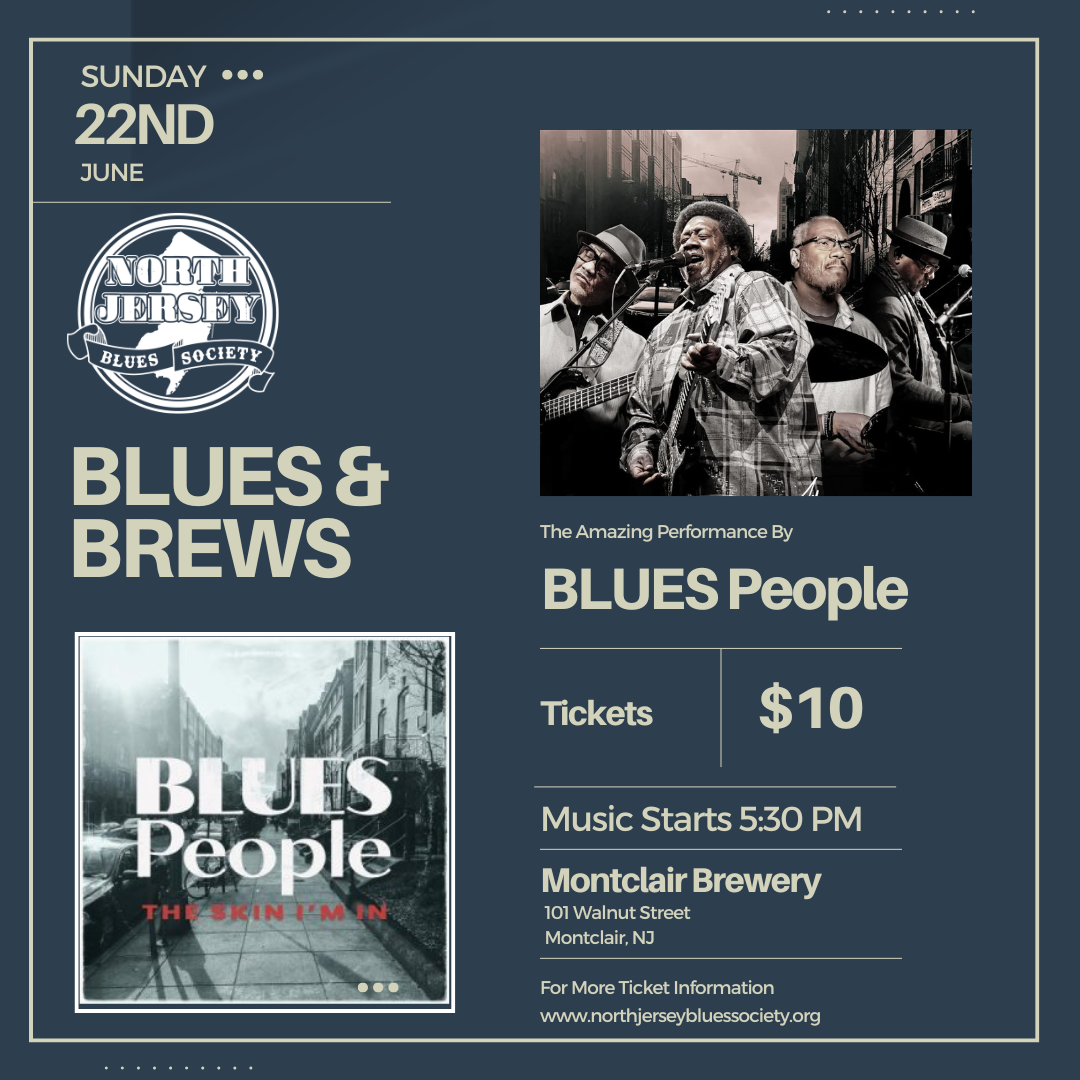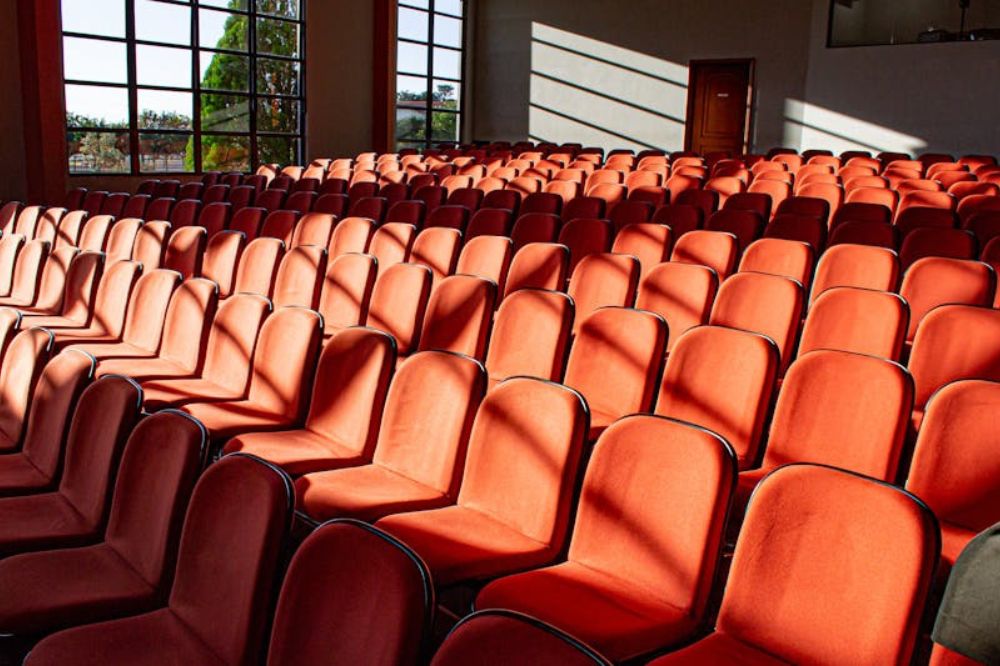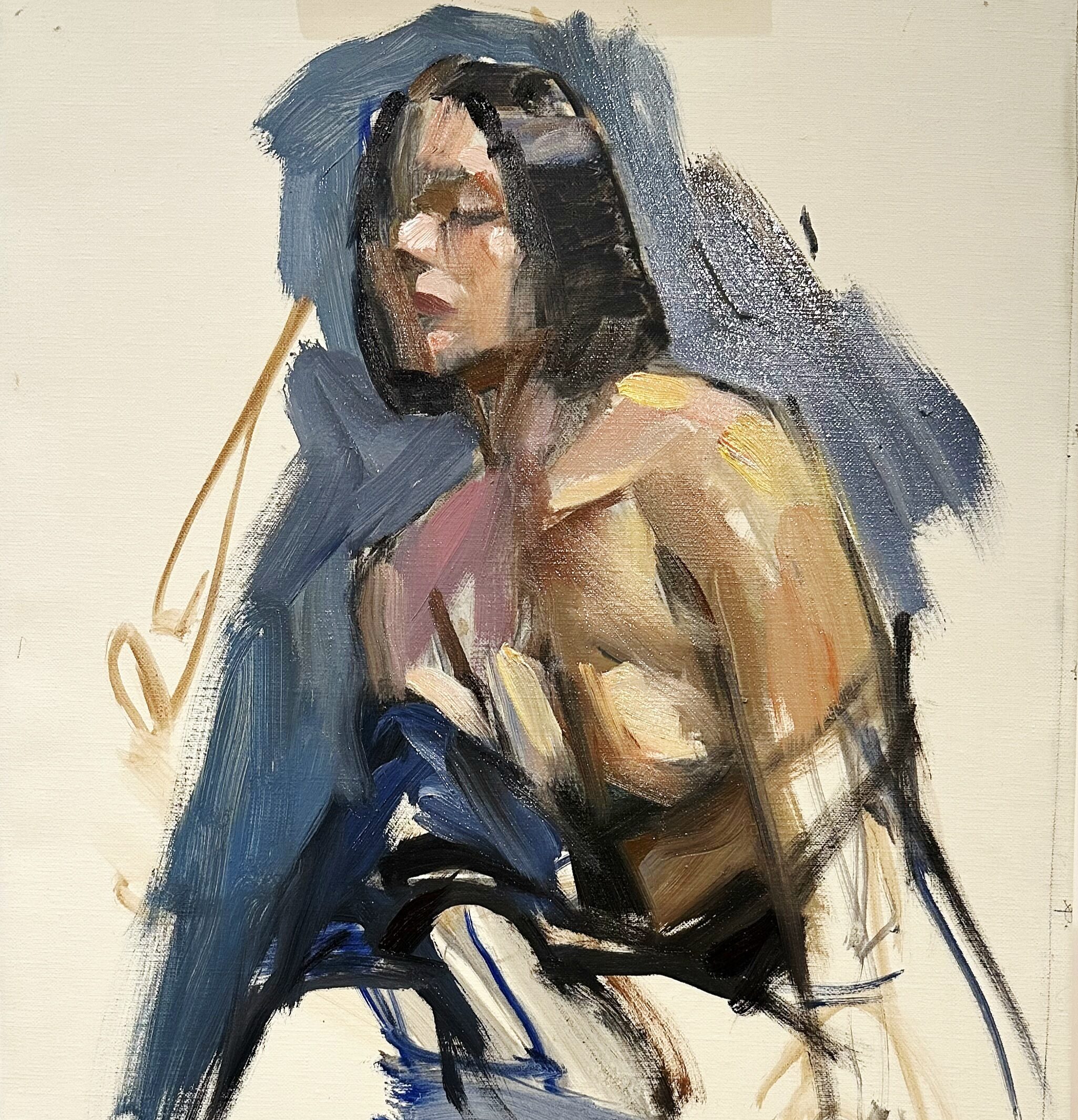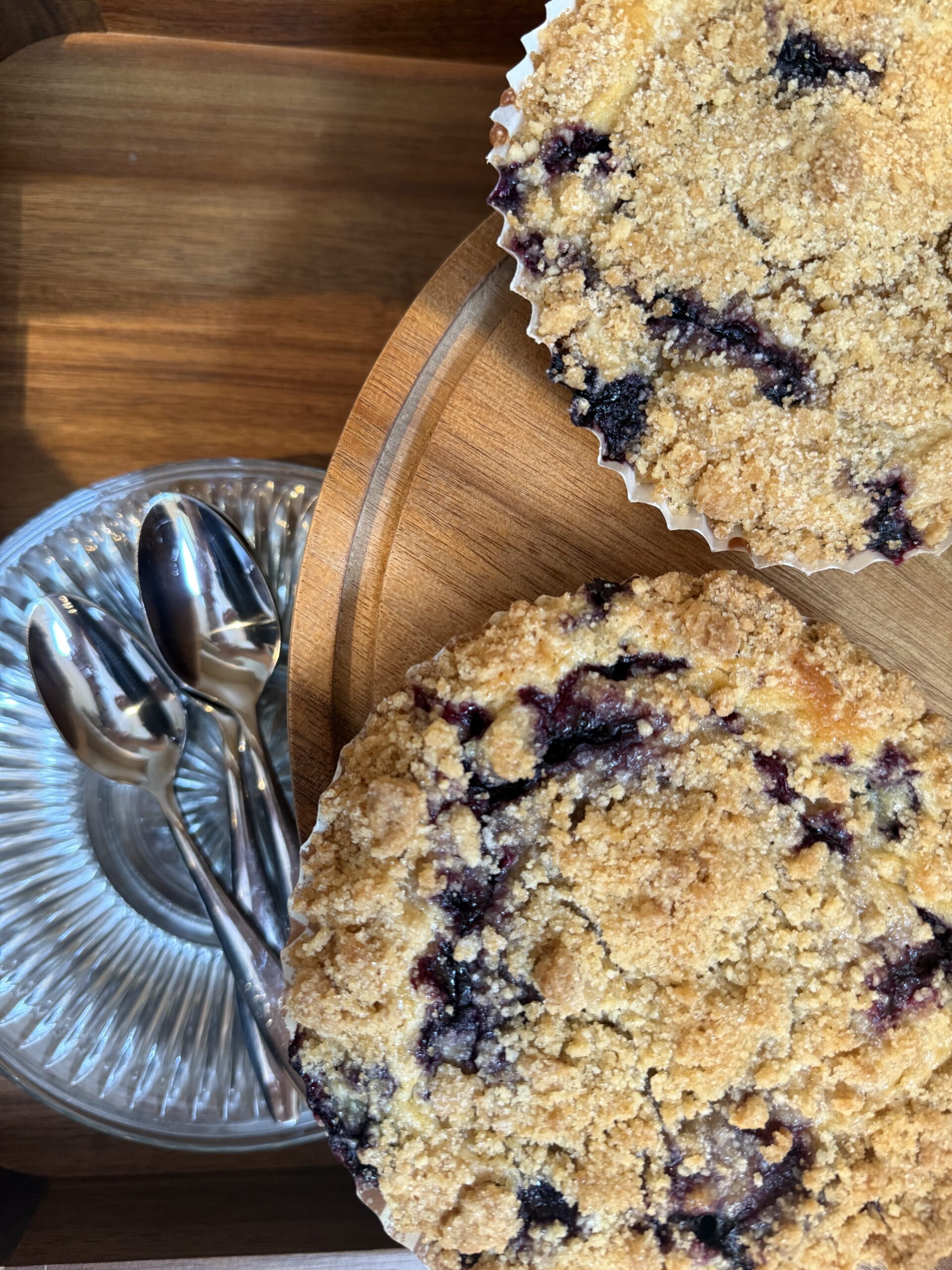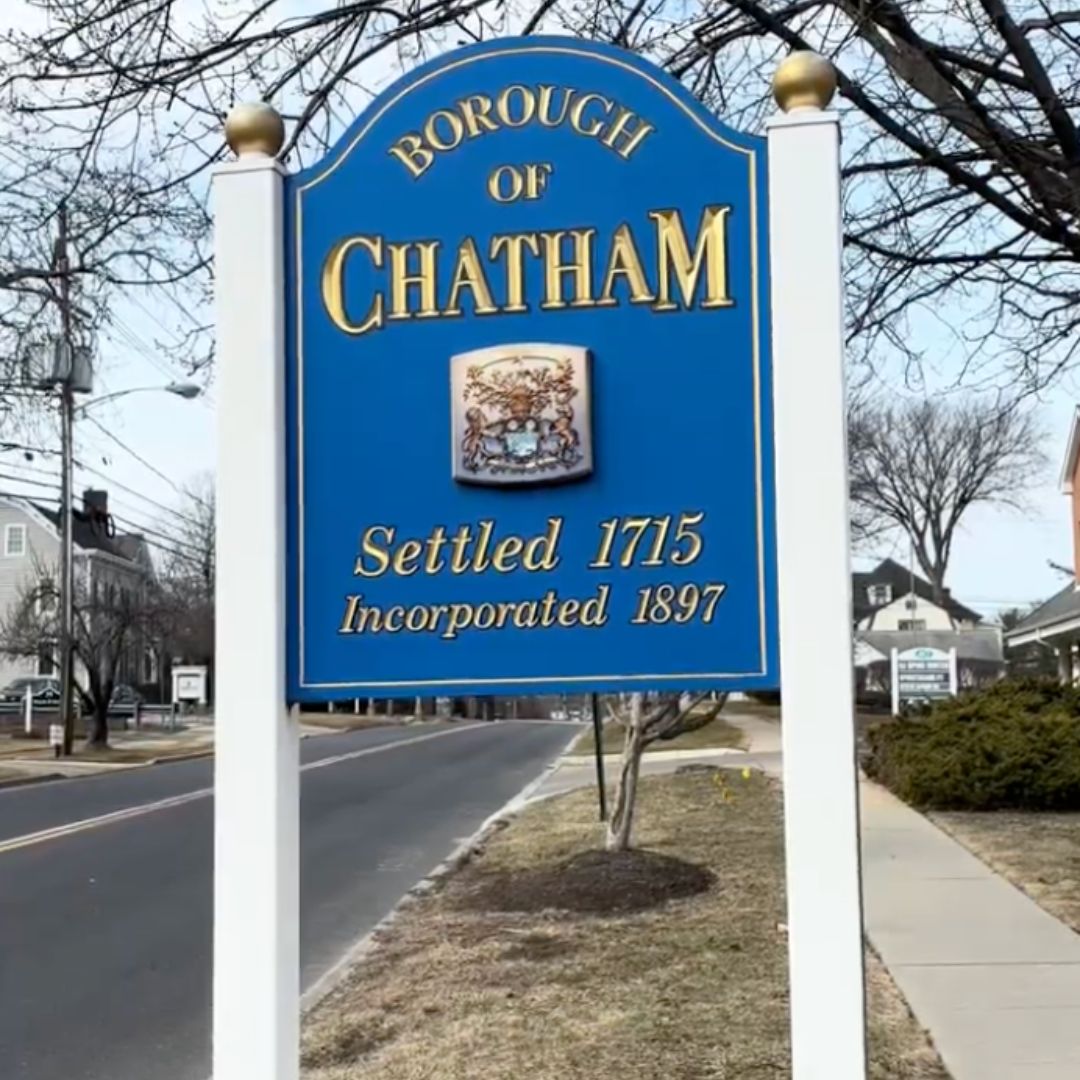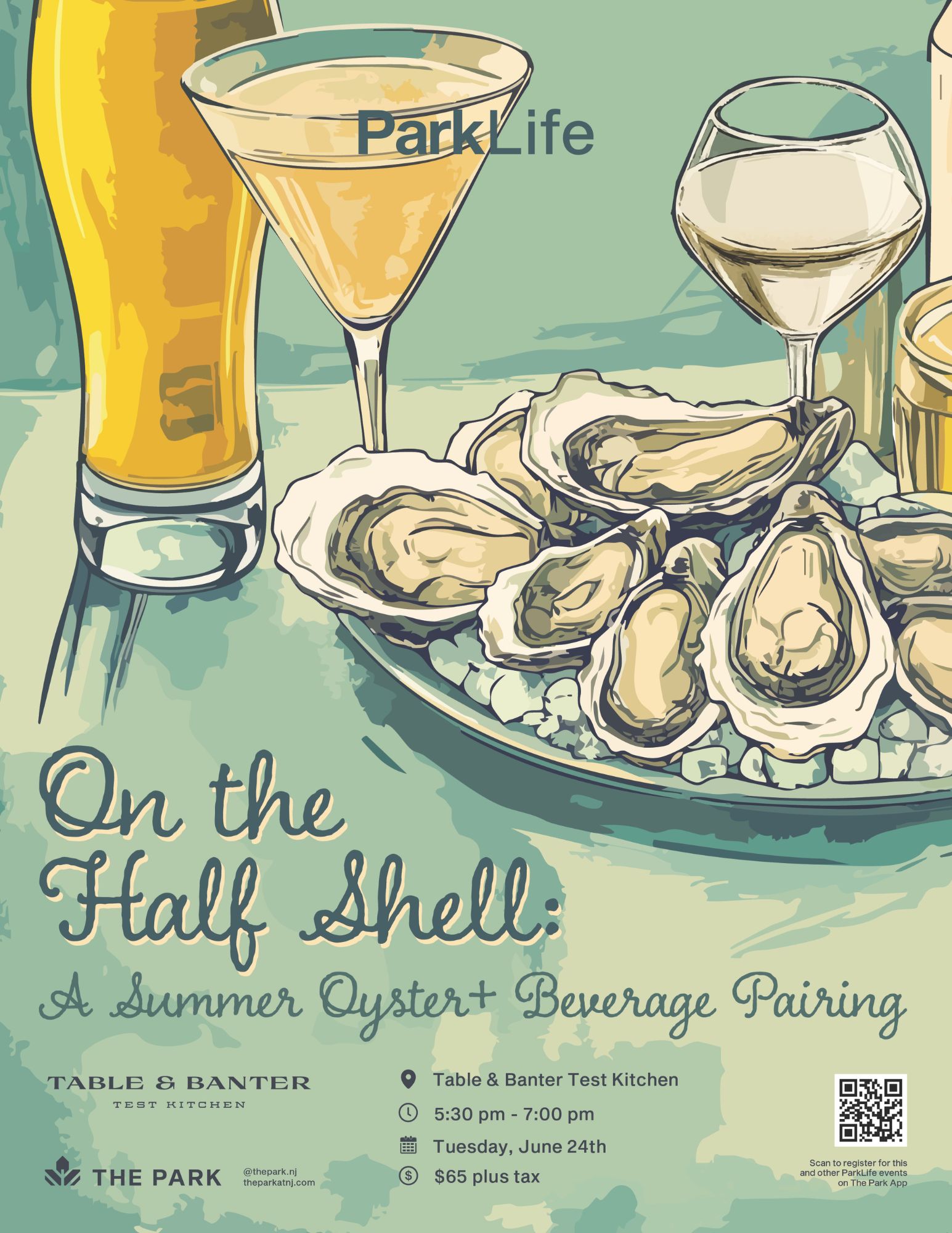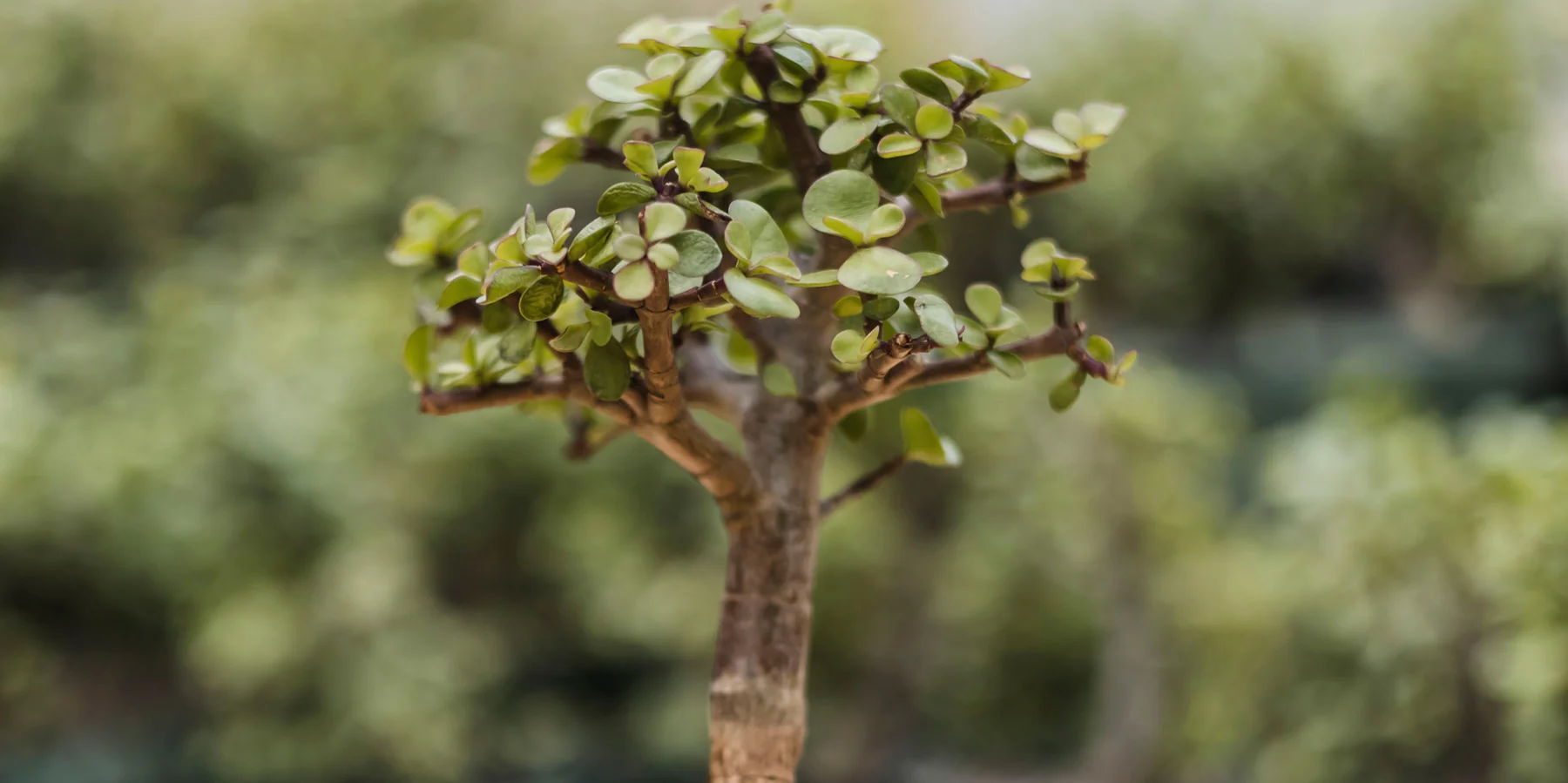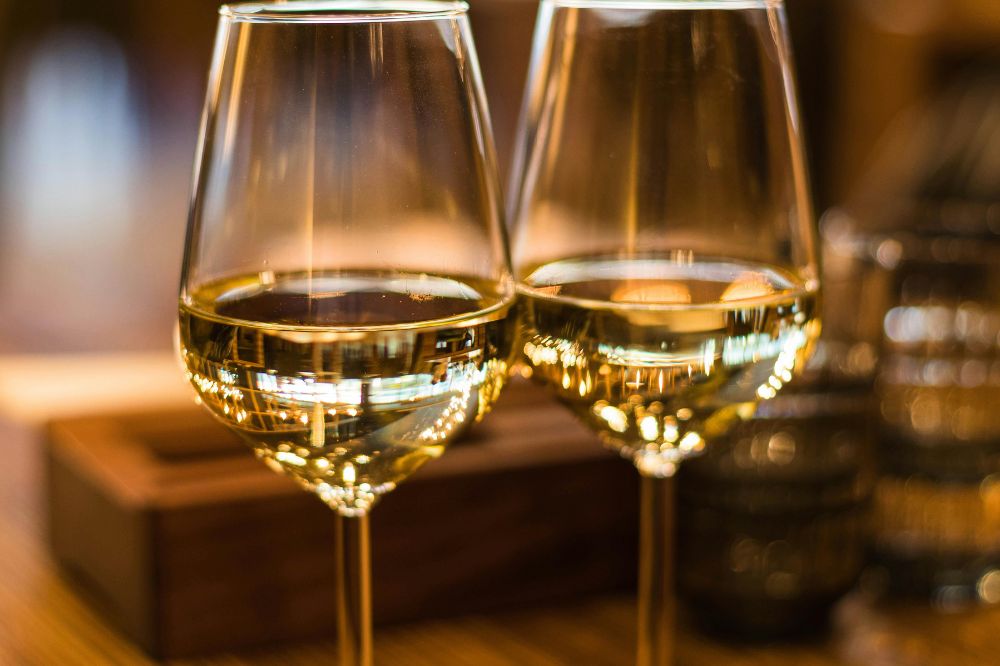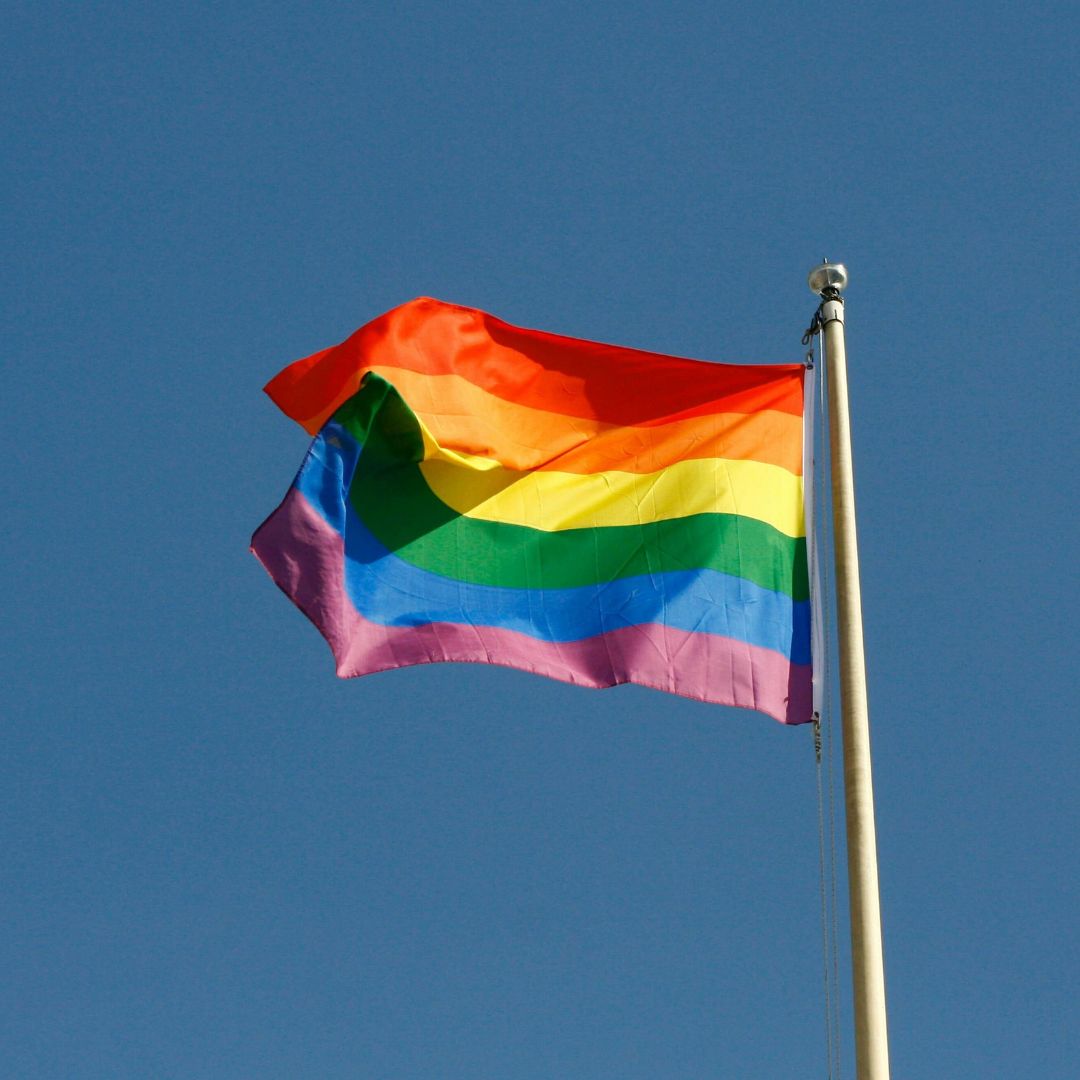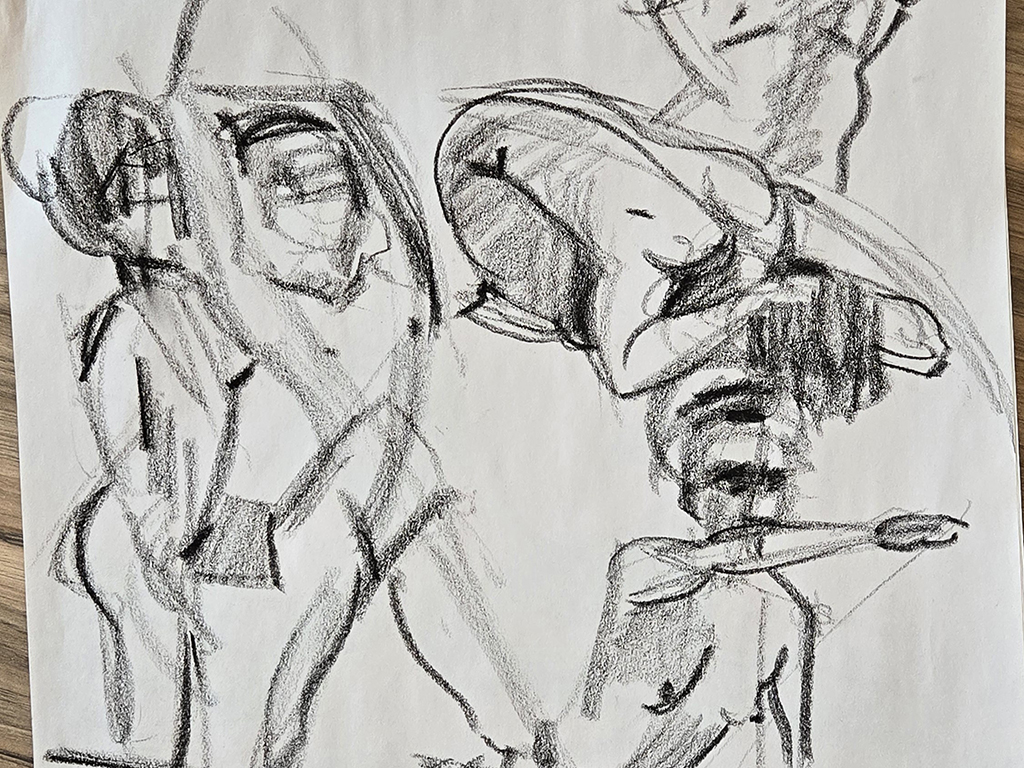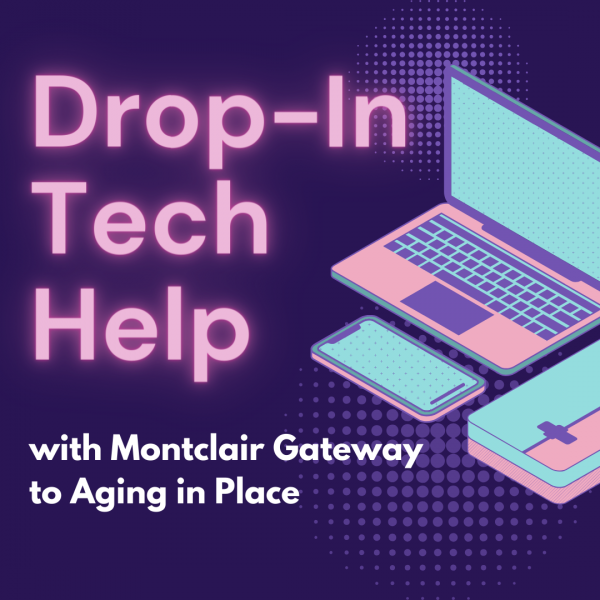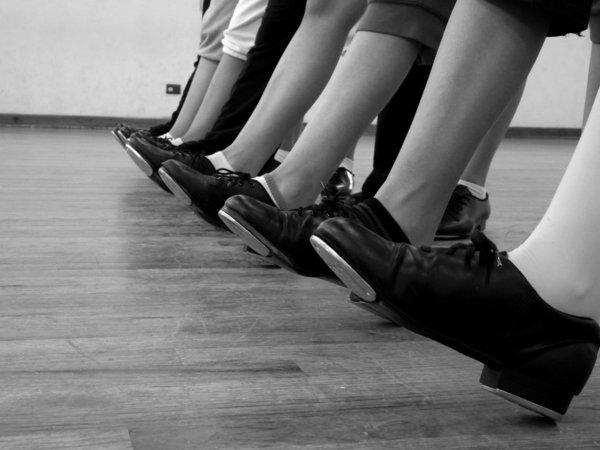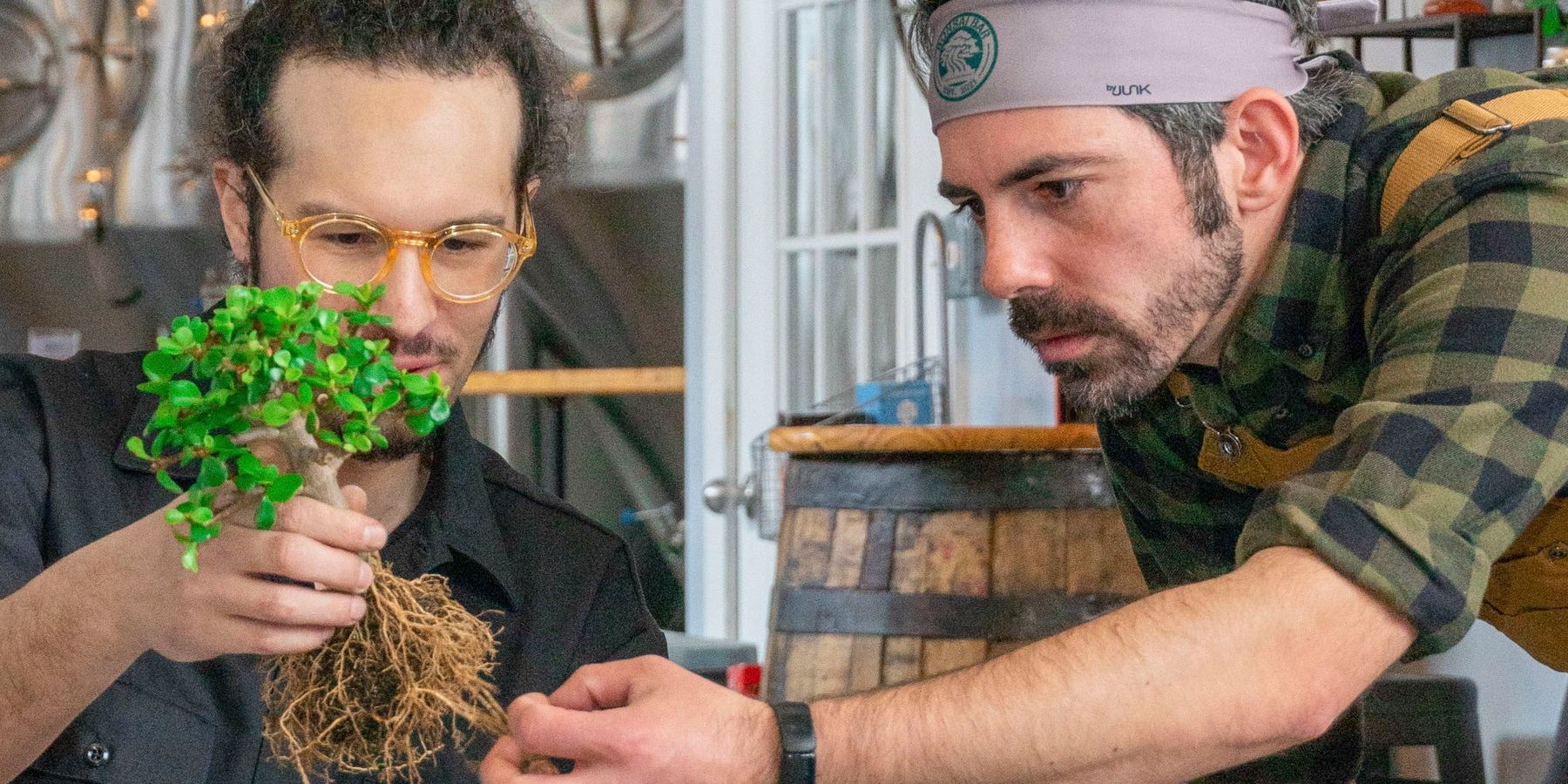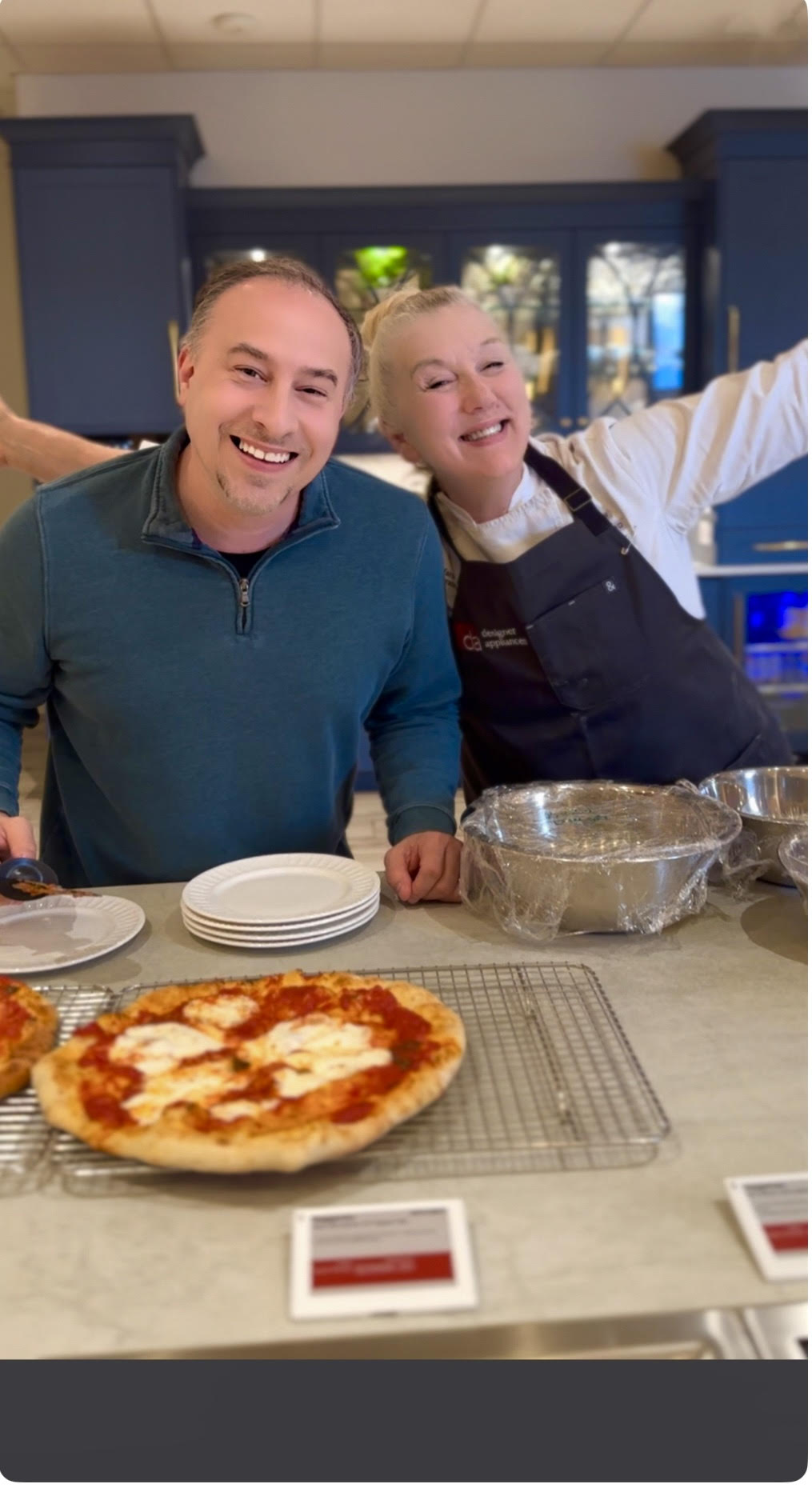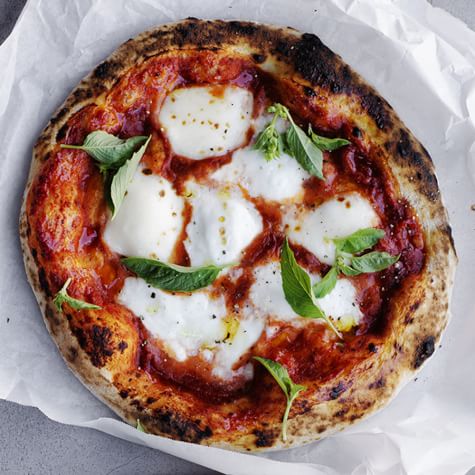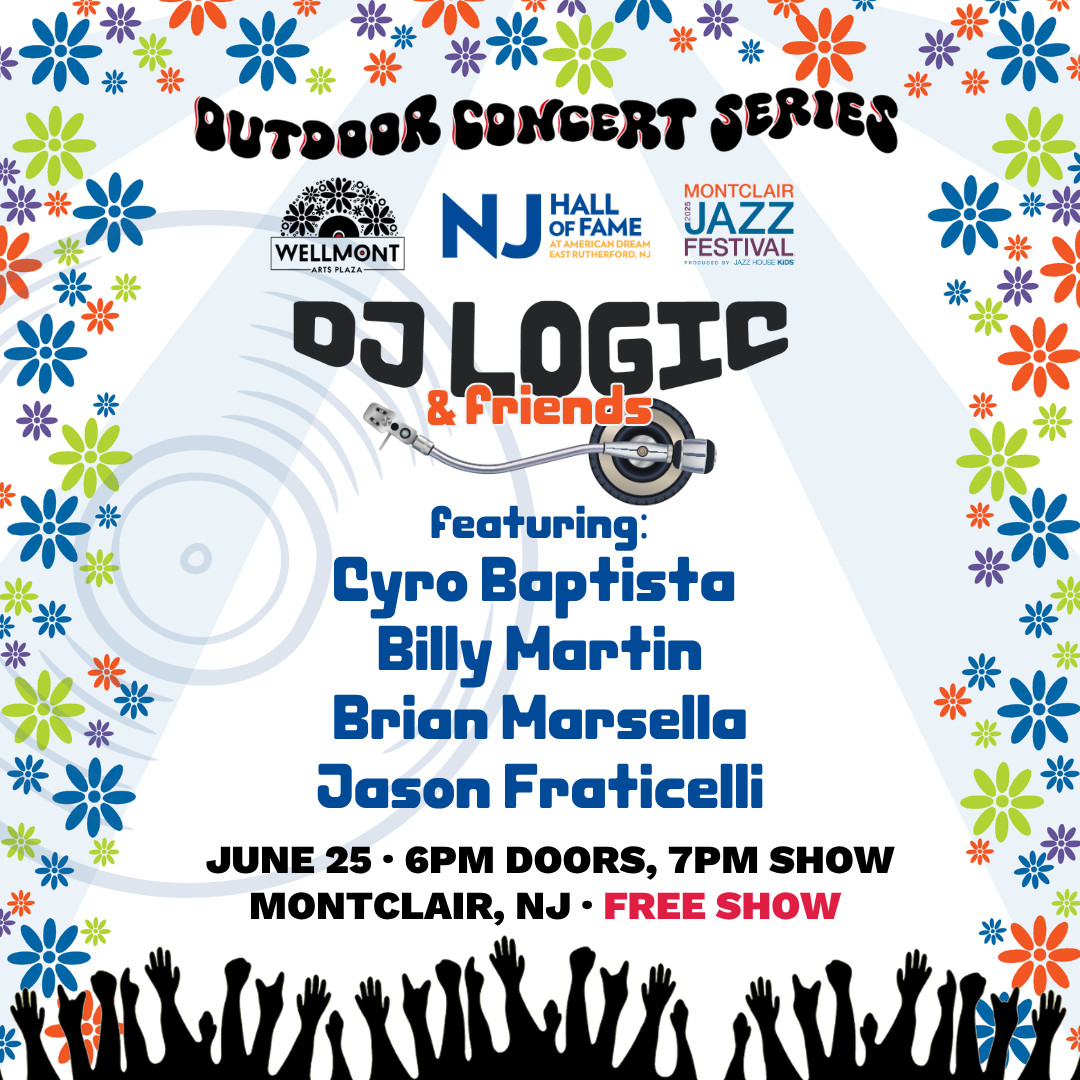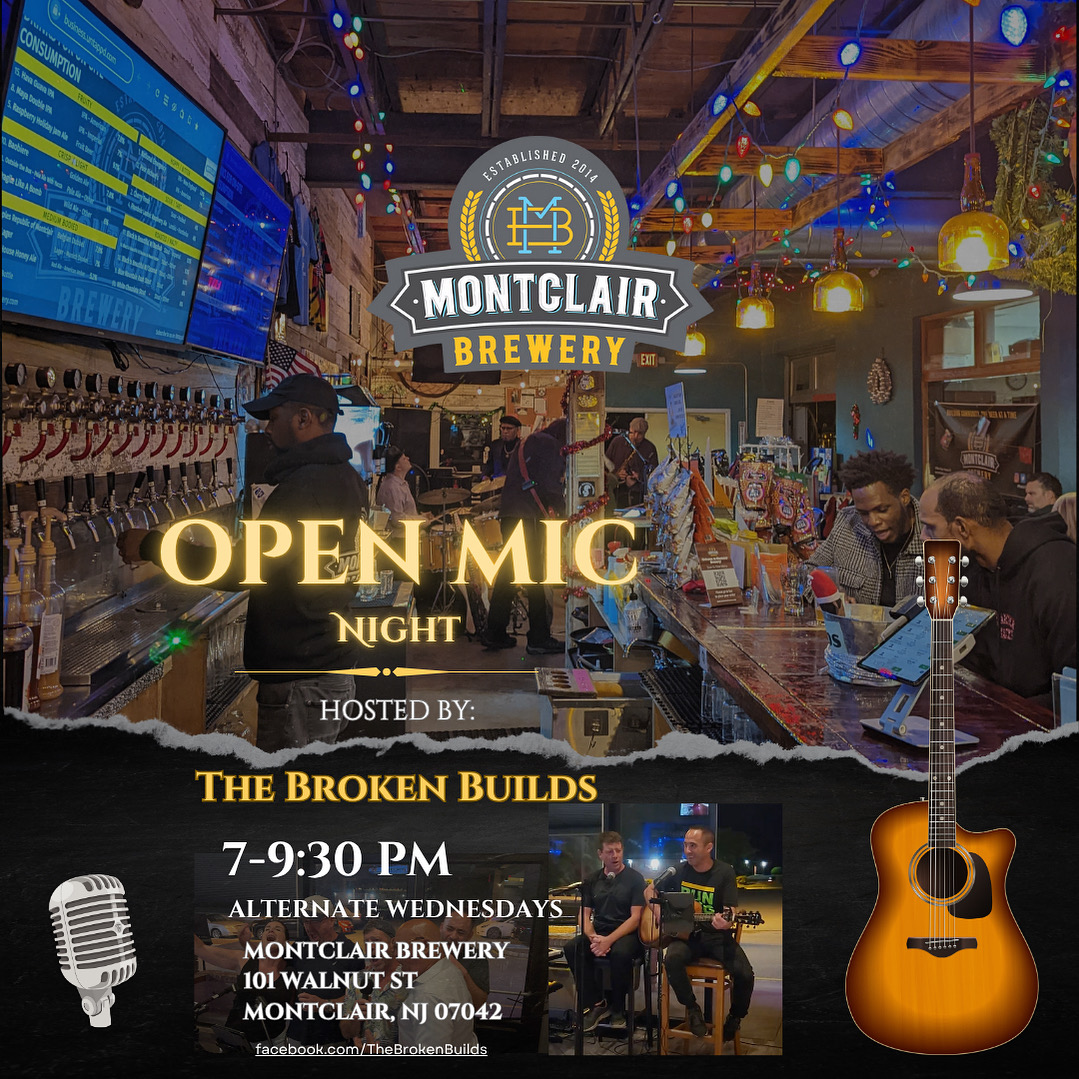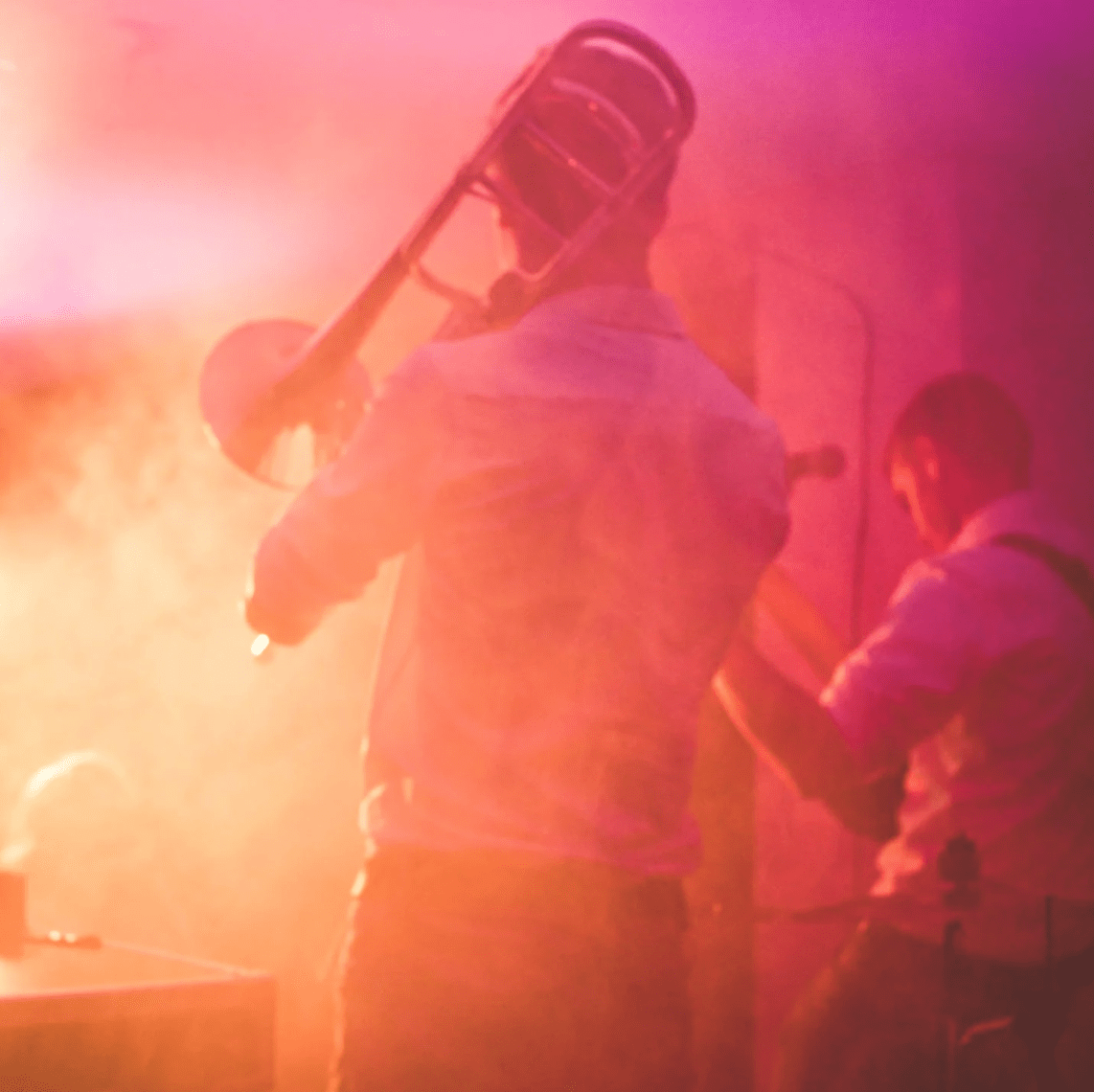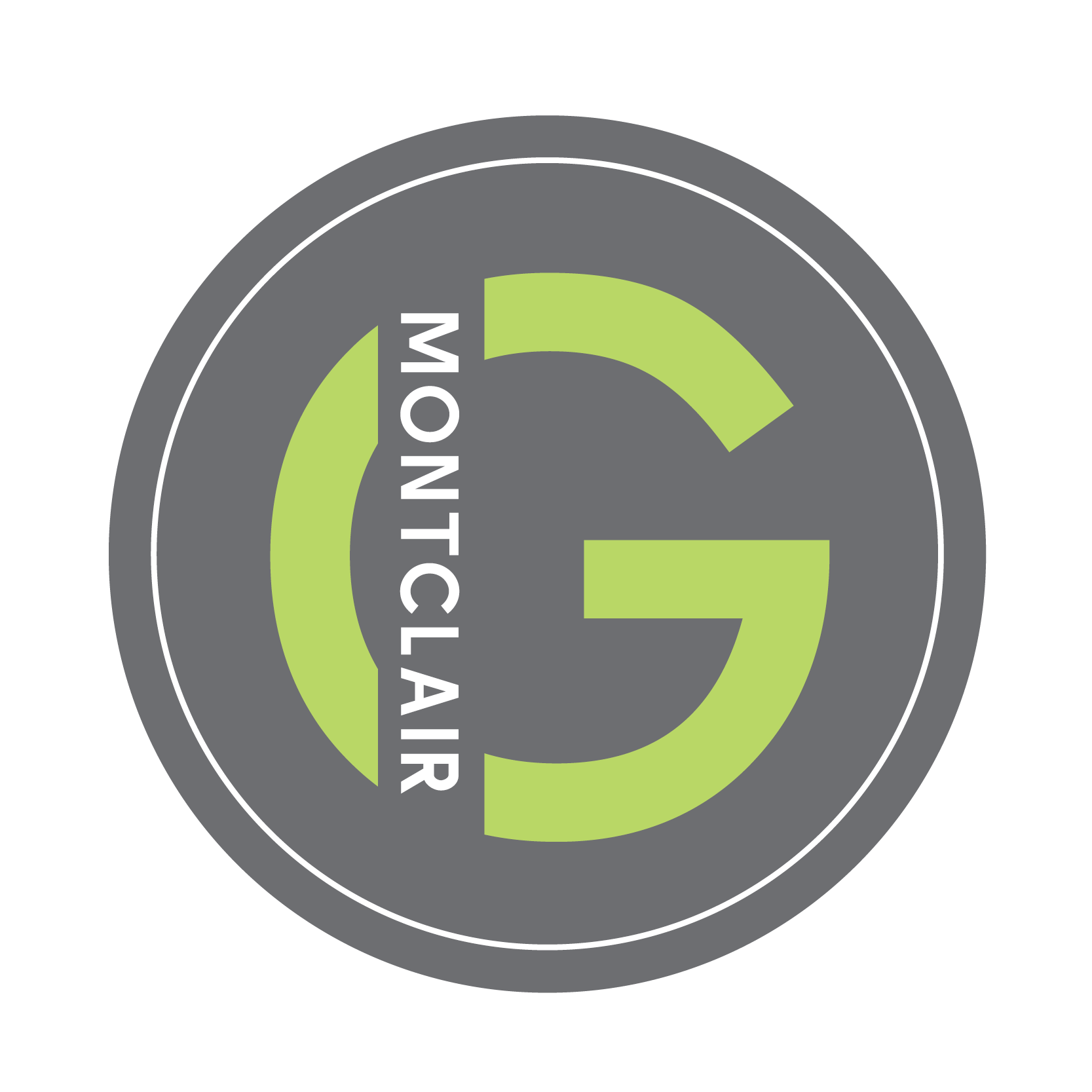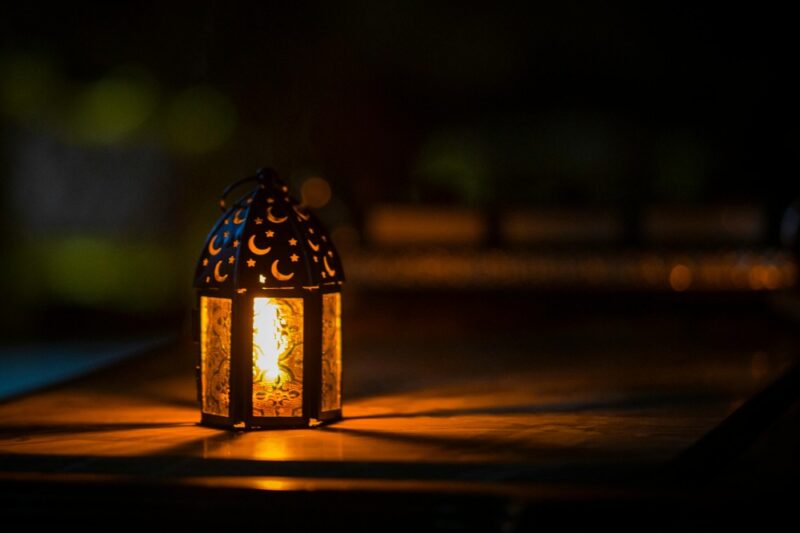
Every year, the holy month of Ramadan falls on the ninth month of the Islamic Calendar to commemorate prophet Muhammad’s first revelation in 610 AD. This year, it starts on March 10th and culminates on April 9th — which is called Eid al Fitr or “Festival of Breaking the Fast.” You may already know that during the holy month, millions of Muslims around the world fast from sunrise to sunset. However, the Islamic holy month is much more than fasting and eating — it is a time for reflection, charity, and community.
Ramadan is a communal experience. Mosques are packed with worshippers, especially during prayer times. Locally, in New Jersey, religious organizations have been holding various prayers, lectures, and fundraisers, attracting large swaths of followers. In honor of this holiday, read on for more about Ramadan and how to celebrate locally in New Jersey.
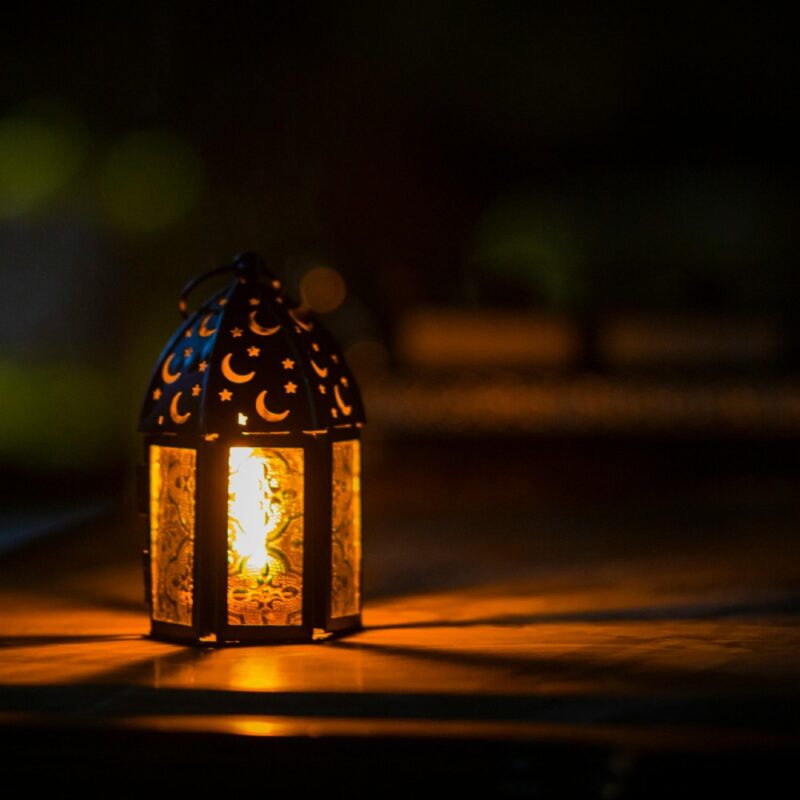
Giving Back
In addition to fasting and praying, another big part of Ramadan is charity. As one of the five pillars of Islam, giving away is a regular part of the religious practice carried out throughout the year. And during Ramadan, followers usually double down on their charity efforts.
ICNA Relief USA’s New Jersey chapter is located in Somerset and is a Muslim organization that provides “caring and compassionate service to victims of adversities and survivors of disasters,” per the website. The organization also looks to “strengthen the family system through education and value-based family services”, and “foster effective partnership and coordination with Islamic Centers, faith-based organizations, civic and governmental agencies.”
The Ramadan section of the website has a variety of opportunities to give back as well as some resources to use during Ramadan — including paying your zakat, donating a Ramadan food box, and more.
Read More: Organizations + Non-Profits to Give Back to in Montclair
Breaking Fast
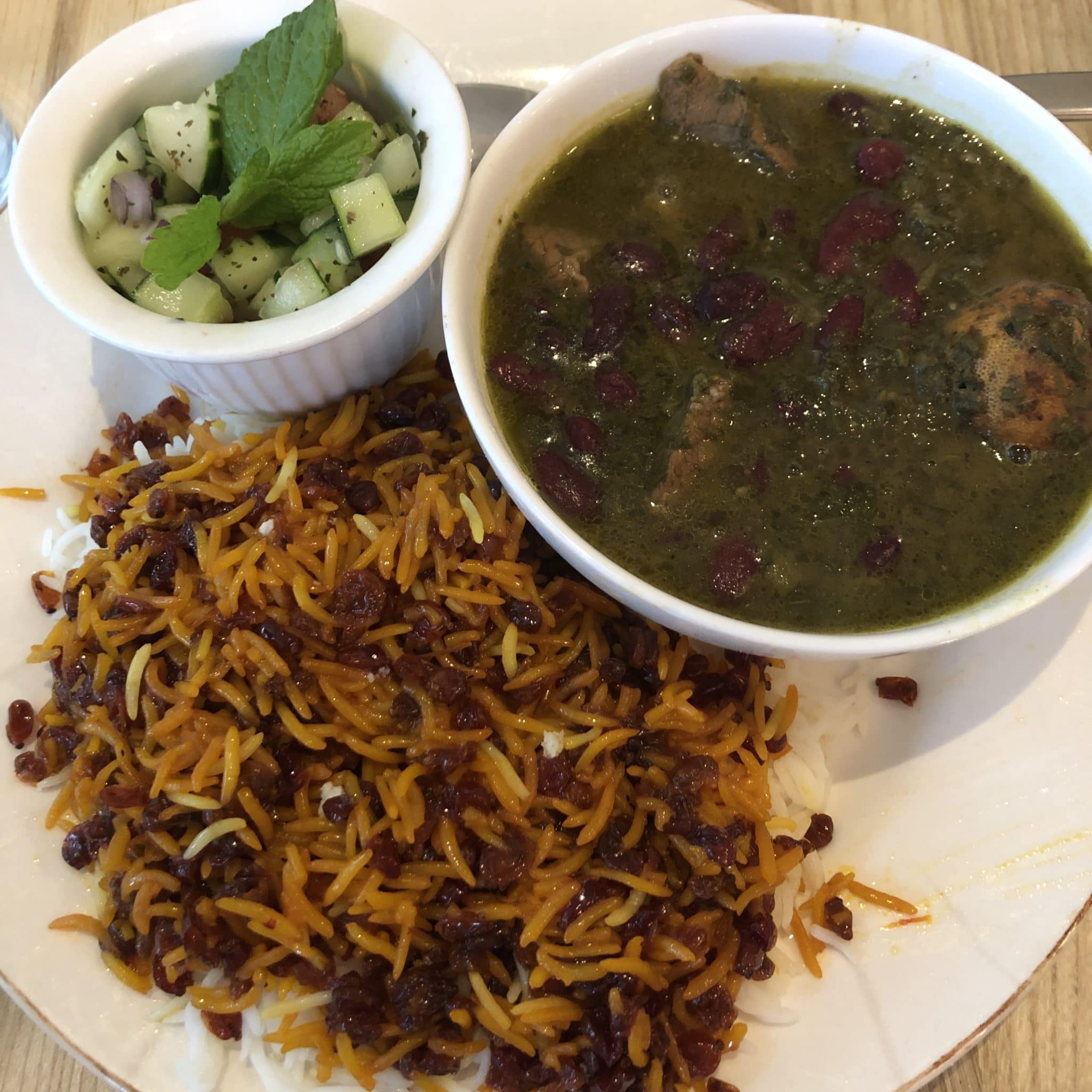
Of course, for many people who observe Ramadan, one important daily ritual is iftar, or breaking of the day’s fast. It happens at the call to evening prayer at sundown, and people often start it with some dried dates, along with a few bites of other finger food. A full meal follows after the evening prayer. In some countries, iftar takes the form of elaborate banquets shared with extended family, friends, or even the entire neighborhood, and the preparation may start two to three hours before the meal. Restaurants also prepare iftar specials for those who prefer to eat out for the big meal. Mosques, where the evening prayers take place, often arrange daily free iftar for those in need. In some large cities, mosques, cultural institutions, or NGOs also organize iftar parties that allow people of other religions to explore Muslim culture.
See More: A List of Hoboken + Jersey City Non-Profits to Donate to Year-Round
Local Happenings
See below for some local events happening for Ramadan this year:
- There are no upcoming events.
- There are no upcoming events.
also appears in
105 Events in the Montclair + Northern NJ Area This Weekend | June 19-22, 2025
Even though we're approaching the end of June, summer has just begun. This weekend, there are plenty of things to do in the Montclair area to celebrate this season, including a Juneteenth Community Cookout at Harriet Tubman Square Park in Newark, a group sound bath at Houss Freya in Montclair, and a drag show at Tinga in Montclair. Below is a list of (over 100!) Montclair, Essex County, and Northern New Jersey events happening this weekend, June 19th through June 22nd, 2025. Don’t forget — you can submit your community events HERE.
Disclaimer: This is a community resource. Submit events HERE and view the full calendar HERE. The Montclair Girl is not affiliated with hosting unless explicitly stated.

Lackawanna Station Grand Opening
Lackawanna Station 1 Lackawanna Plaza, Montclair
Saturday — June 21st at 11AM-7PM
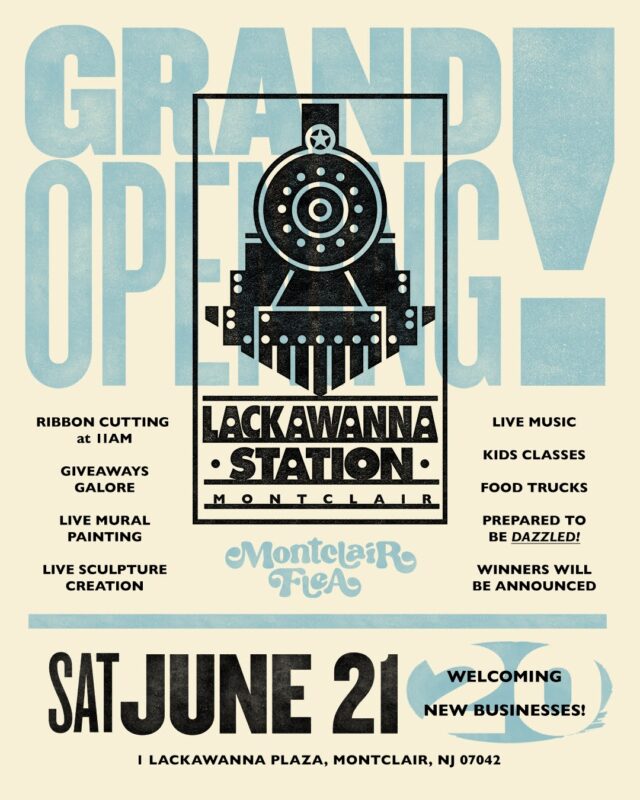
Over 20 new businesses are opening at Lackawanna Station this weekend — Montclair’s newest destination for food, art, shopping, + community. The official ribbon cutting will take place at 10:45AM. Enjoy a full day of live music, interactive art, shopping, kids activities, giveaways (totes for the first 100 people), and food + drink.
Property of the Week: 15 Wayside Place, Montclair
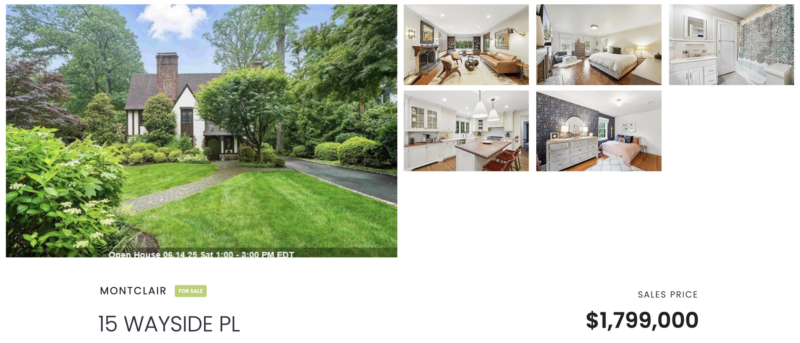
This 5-bed, 5-bath single-family home in Montclair is available to buy for $1,799,000. The property features a chef's kitchen, a deck, a stone patio with a firepit, a fully-equipped outdoor kitchen, a pool/pool house, a primary suite with an en-suite bathroom, and a finished basement, among other things.
View The Local Girl’s Real Estate Directory here — which has 90+ listings just this week.

19 events found.
Passport Applications at Montclair Public Library – Bellevue Avenue Branch
Montclair Public Library - Bellevue Avenue Branch
185 Bellevue Avenue, Montclair, NJ
Locals can apply for a passport at the Bellevue Avenue Branch of the Montclair Public Library, located at 185 Bellevue Avenue, starting January 27th.
North to Shore Festival at Prudential Center
Prudential Center
25 Lafayette Street, Newark, NJ
The North to Shore Festival will return to Newark on June 17th and will run to June 30th. Expect to see comedians like Tina Fey + Amy Poehler and artists…
The Little Mermaid at Paper Mill Playhouse
Paper Mill Playhouse
22 Brookside Drive, Millburn
See The Little Mermaid at Paper Mill Playhouse from May 29th to June 29th at 22 Brookside Drive, Millburn.
Black Creative Economy Summit at Newark Symphony Hall
Newark Symphony Hall
1020 Broad Street, Newark, NJ
The Black Creative Economy Summit (BCE), a gathering of Black and Brown creatives, will bring together tech creatives, entertainment executives, and economic development gurus.
Juneteenth in Newark
Join Newark for a full day of events celebrating the significance of Juneteenth — part of the Experience Newark: Local Festivals + Flavors initiative. Start the day at Harriet Tubman…
Free
Juneteenth at Marcus Live!
Marcus Live!
1 American Dream Way, East Rutherford, NJ
Marcus Live! is celebrating Juneteenth with a festive “M’s Soulful Supper” special, featuring grilled pork chops with blueberry sauce, loaded sweet potato mash, and garlic-sautéed spinach. M's Block Party Punch…
A to Sze: Collecting at MAM (2000-2025) at Montclair Art Museum
Montclair Art Museum
3 South Mountain Avenue, Montclair, NJ
The Montclair Art Museum, located at 3 South Mountain Avenue, will showcase "A to Sze: Collecting at MAM (2000-2025)," an exhibition showcasing some of the museum's significant acquisitions over the past quarter-century.…
Juneteenth Community Cookout at Harriet Tubman Square Park
Harriet Tubman Square
501-551 Broad Street, Newark, NJ
Celebrate freedom and community at Newark’s annual Juneteenth Cookout. Enjoy complimentary meals from local Black-owned restaurants, live music, dance, family activities, and more in the heart of Tubman Square.
Annual Juneteenth Celebration at Montclair Brewery
Montclair Brewery
101 Walnut Street, Montclair, NJ
The beginning of Montclair Brewery's weekend-long celebration in recognition of Juneteenth begins with the holiday. More details to come on what it has planned, but mark your calendar and come…
Free
Juneteenth Celebration at The Clairidge
The Clairidge
486 Bloomfield Avenue, Montclair
Uncover the deep spiritual significance of America’s newest federal holiday with pastor Rasool Berry. Learn how Scripture inspired the faith of enslaved people, travel to the church where America’s first…
Thursday Group Runs + Walks at Fleet Feet Montclair
Fleet Feet
603 Bloomfield Avenue, Montclair, NJ
Join a friendly social group for walkers, run/walkers, and runners. Attendees will meet at Fleet Feet Montclair and do a 3-mile loop (approximately 30-60 minutes) in that neighborhood. Some people…
Free
Java Love’s Offline Cafe: Game Nights
Java Love (Church Street)
49 Church Street, Montclair, NJ
Java Love Cafe's new Offline Cafe: Game Night, which takes place every Thursday from 6PM to 9PM at 49 Church Street, Montclair, encourages guests to disconnect from their screens and…
Free
Neighborhood vs. Neighborhood Basketball Tournament at Branch Brook Park
Branch Brook Park
7th Avenue, Newark, NJ
On June 19th, the annual Neighborhood vs. Neighborhood basketball tournament is back at Branch Brook Park Basketball Courts. There will be food trucks available.
The Nowness of Reparations for Black People in New Jersey: A Timely Conversation at NJPAC
NJPAC
1 Center Street, Newark, NJ
This Juneteenth event will feature the release and discussion of the New Jersey Reparations Council’s report, For Such a Time as This: The Nowness of Reparations for Black People in…
Group Sound Bath at Houss Freya
Houss Freya
205 Glenridge Avenue, Montclair
At this sound bath with Toni from Sanctuary Den, healing sound will be used using multiple high-frequency instruments, such as flutes, crystal bowls, chimes, drums, and gongs. The sound bath…
$30
Sip + Paint at Made in Miami
Made in Miami
39 Harding Avenue, Clifton, NJ
Sip, paint, and vibe at Made in Miami Bar + Bistro every Thursday with no cover.
1964: The Tribute at Wellmont Theater
Wellmont Theater
5 Seymour Street, Montclair
See 1964, a band that re-creates the sound of the Beatles’ live performances, at Wellmont Theater on June 19th from 7PM to 11PM.
Jazz Jams
Clement's Place
15 Washington Street, Newark
Join NJPAC at their monthly Jazz Jam Sessions, featuring top-flight NJ musicians directed by pianist and bandleader, James Austin, Jr. This series is co-presented by NJPAC’s Jazz Advisory Committee and…
Free
Yoga in the Gallery at Ria x Gallery
Ria x Gallery
204 Bellevue Avenue, Montclair
Join So What Studios every Thursday from 7:30PM to 8:30PM at Ria x Gallery for a cozy, feel-good flow surrounded by beautiful art. Think soft lighting, deep breaths, and stretching…

18 events found.
Passport Applications at Montclair Public Library – Bellevue Avenue Branch
Montclair Public Library - Bellevue Avenue Branch
185 Bellevue Avenue, Montclair, NJ
Locals can apply for a passport at the Bellevue Avenue Branch of the Montclair Public Library, located at 185 Bellevue Avenue, starting January 27th.
North to Shore Festival at Prudential Center
Prudential Center
25 Lafayette Street, Newark, NJ
The North to Shore Festival will return to Newark on June 17th and will run to June 30th. Expect to see comedians like Tina Fey + Amy Poehler and artists…
The Little Mermaid at Paper Mill Playhouse
Paper Mill Playhouse
22 Brookside Drive, Millburn
See The Little Mermaid at Paper Mill Playhouse from May 29th to June 29th at 22 Brookside Drive, Millburn.
Juneteenth at Marcus Live!
Marcus Live!
1 American Dream Way, East Rutherford, NJ
Marcus Live! is celebrating Juneteenth with a festive “M’s Soulful Supper” special, featuring grilled pork chops with blueberry sauce, loaded sweet potato mash, and garlic-sautéed spinach. M's Block Party Punch…
Black Creative Economy Summit at Newark Symphony Hall
Newark Symphony Hall
1020 Broad Street, Newark, NJ
The Black Creative Economy Summit (BCE), a gathering of Black and Brown creatives, will bring together tech creatives, entertainment executives, and economic development gurus.
Juneteenth Mini Camp at SMAPA
SMAPA
10 Erie Street, Montclair, NJ
SMAPA, located at 10 Erie Street, Montclair, will host half-day mini-camps on school vacation days in June, starting on June 20th. Each one-day session will include age-appropriate, upbeat dance classes,…
$75
A to Sze: Collecting at MAM (2000-2025) at Montclair Art Museum
Montclair Art Museum
3 South Mountain Avenue, Montclair, NJ
The Montclair Art Museum, located at 3 South Mountain Avenue, will showcase "A to Sze: Collecting at MAM (2000-2025)," an exhibition showcasing some of the museum's significant acquisitions over the past quarter-century.…
Annual Juneteenth Celebration at Montclair Brewery
Montclair Brewery
101 Walnut Street, Montclair, NJ
The beginning of Montclair Brewery's weekend-long celebration in recognition of Juneteenth begins with the holiday. More details to come on what it has planned, but mark your calendar and come…
Free
Drag, Dinner, + Shows at Tinga Fresh Mexican + BBQ
Tinga Fresh Mexican + BBQ
215 Bellevue Avenue, Montclair, NJ
Tinga Fresh Mexican + BBQ is hosting its 3rd Drag, Dinner, + Shows on Friday, June 20th.
$55
Dinner Under the Stars at Bloomfield Center
Bloomfield Center Alliance
Broad Street and Bloomfeild Avenue, Bloomfield, NJ
Enjoy outdoor dining and swing jazz and blues music by Blue Sphere. The event is free and no tickets are required.
Demetri Martin at Wellmont Theater
Wellmont Theater
5 Seymour Street, Montclair
See Demetri Martin, an American comedian, actor, artist, and musician, at Wellmont Theater on June 20th from 6:30PM to 10PM. He is best known for his work as a stand-up…
Game Nights: Magic the Gathering Commander at The Eclectic Chic Boutique
The Eclectic Chic Boutique
547 Bloomfield Avenue, Montclair, NJ
The ECB is now hosting Commander Games. This game session is also LGBTQAI+ and Neurodiverse Friendly. Attendees should bring at least one MTG deck that’s legal for the Commander format.
$10
I Am Self Empowering Experience at Houss Freya
Houss Freya
205 Glenridge Avenue, Montclair
This I Am gathering aims to empower guests to embrace their identities, foster self-acceptance, and cultivate a supportive community for ongoing personal development. Join Daysi in this event to feed…
$50
The Space for Words: Open Mic Night for Writers; Jewish Voices Edition
The Space
356 Bloomfield Avenue Loft 2, Montclair
Join The Space at 356 Bloomfield Avenue Loft #2, Montclair for an evening of creative expression at the Space for Words Open Mic Night on June 20th from 7PM to…
$10 – $15
Honoring the Journey: Juneteenth and Montclair’s Black History at Art is Bond
Art is Bond
8 Lackawanna Plaza, Montclair, NJ
This event spotlights Montclair’s historic sites, including the Howe House, St. Mark’s UMC, and the Montclair History Center, which have been added to the Black Heritage Trail. The evening will…
Juneteenth Cocktail Fundraiser at Montclair History Center
Montclair History Center
110 Orange Road, Montclair
Join Montclair History Center for a special Juneteenth Cocktail Fundraiser to celebrate Montclair's rich Black heritage. This event honors three key sites on the New Jersey Black Heritage Trail: the…
$40
The Space for Words: An Open Mic Night for Writers at The Space
The Space
356 Bloomfield Avenue Loft 2, Montclair
Bring your poetry, short stories, or excerpts from your latest work — the stage is yours. Each writer will have a few minutes to showcase their writing, followed by an…
$10.00 – $15.00
Summer Jam 2025 at Prudential Center
Prudential Center
25 Lafayette Street, Newark, NJ
Join HOT 97 for Summer Jam 2025 on June 20th at 8PM. Produced by The Black Promoters Collective and part of the Prudential North to Shore Festival, the biggest names…

18 events found.
Passport Applications at Montclair Public Library – Bellevue Avenue Branch
Montclair Public Library - Bellevue Avenue Branch
185 Bellevue Avenue, Montclair, NJ
Locals can apply for a passport at the Bellevue Avenue Branch of the Montclair Public Library, located at 185 Bellevue Avenue, starting January 27th.
North to Shore Festival at Prudential Center
Prudential Center
25 Lafayette Street, Newark, NJ
The North to Shore Festival will return to Newark on June 17th and will run to June 30th. Expect to see comedians like Tina Fey + Amy Poehler and artists…
The Little Mermaid at Paper Mill Playhouse
Paper Mill Playhouse
22 Brookside Drive, Millburn
See The Little Mermaid at Paper Mill Playhouse from May 29th to June 29th at 22 Brookside Drive, Millburn.
Juneteenth at Marcus Live!
Marcus Live!
1 American Dream Way, East Rutherford, NJ
Marcus Live! is celebrating Juneteenth with a festive “M’s Soulful Supper” special, featuring grilled pork chops with blueberry sauce, loaded sweet potato mash, and garlic-sautéed spinach. M's Block Party Punch…
ParkFit at The Grove
The Grove (Berkeley Heights)
150 Connell Drive, Berkeley Heights
ParkFit is a free 45-minute outdoor strength and cardio-based class program focusing on building muscle, burning fat, and moving your body. Participants will experience a total-body strength and movement training…
Free
Fieldhouse X SWTHZ House Party
Fieldhouse
400 Connell Drive, Berkeley Heights, NJ
Join Fieldhouse's ultimate recovery and wellness experience as they team up with Sweathouse (SWTHZ of Garwood) to bring you a day dedicated to restoration, performance, and peak recovery. Whether you're…
Free
A to Sze: Collecting at MAM (2000-2025) at Montclair Art Museum
Montclair Art Museum
3 South Mountain Avenue, Montclair, NJ
The Montclair Art Museum, located at 3 South Mountain Avenue, will showcase "A to Sze: Collecting at MAM (2000-2025)," an exhibition showcasing some of the museum's significant acquisitions over the past quarter-century.…
Keira Wiggins Trunk Show at Yarnia
Yarnia
127 Watchung Avenue, Montclair
Meet yarn and fiber dyer, Keira Wiggins at a trunk show at Yarnia. If you sign up for the trunk show and attend either day, your name will be entered…
Free
Montclair Flea at Lackawanna Station
Lackawanna Station
1 Lackawanna Plaza, Montclair, NJ
Montclair Flea returns for the 2025 season every Saturday and Sunday from 11AM to 6PM at Lackawanna Station, located at 1 Lackawanna Plaza, Montclair. Each week will boast a different…
Prenatal Yoga at Sol Spirit Yoga + Wellness
Sol Spirit Yoga + Wellness
356 Bloomfield Avenue #6, Montclair, NJ
Join Sol Spirit for a 6-week Prenatal Yoga series designed to support guests through every stage of pregnancy. This series offers a safe, welcoming space for expecting mothers to move…
4th Annual Juneteenth Festival at Nishuane Park
Nishuane Park
High Street, Montclair
The 4th Annual Juneteenth Festival at Nishuane Park will feature food trucks, vendors, non-profit tables, and more.
Make Music Day
Celebrate Montclair Make Music Day on June 21, 2025. Enjoy free live music and participatory events all over town and join for a fun-filled day of community and music.
Annual Juneteenth Celebration at Montclair Brewery
Montclair Brewery
101 Walnut Street, Montclair, NJ
The beginning of Montclair Brewery's weekend-long celebration in recognition of Juneteenth begins with the holiday. More details to come on what it has planned, but mark your calendar and come…
Free
HAIR Matinee Performance at Vanguard Theatre
Vanguard Theatre
180 Bloomfield Avenue, Montclair, NJ
Vanguard presents HAIR, running June 12th–29th, 2025. This show is a tribute to love, peace, freedom, and the radical spirit of the 1960s.
Paint + Pour Candle Making Class at The Eclectic Chic Boutique
The Eclectic Chic Boutique
547 Bloomfield Avenue, Montclair, NJ
Attendees can learn the art of making luxurious coconut wax candles and personalize their containers with vibrant painted artwork. Participants will be provided with coconut wax, cotton wick, candle vessels, fragrance…
$85
Montclair Film’s 2025 Free Movie Nights Under the Stars
The 16th Annual free Movie Night Under the Stars is back, featuring films like Wicked: Sing-Along, Dazed and Confused, The Sandlot, and The Wild Robot.
Free
The Space for Music: FALSA, An Evening of Mystical Sufi Music
The Space
356 Bloomfield Avenue Loft 2, Montclair
Join The Space for a rare and intimate evening with FALSA, a transcendent Sufi ensemble whose music is as emotionally stirring as it is spiritually resonant, on June 21st from…
$50 – $55
Lunatic Fringe Comedy Show
Glen Ridge Train Station
224 Ridgewood Avenue, Glen Ridge, NJ
Lunatic Fringe, New Jersey’s longest running improv troupe, continues its 28th season with a show at the Glen Ridge Train Station (Community Center). The group uses music and audience suggestions…
$10 – $12

13 events found.
North to Shore Festival at Prudential Center
Prudential Center
25 Lafayette Street, Newark, NJ
The North to Shore Festival will return to Newark on June 17th and will run to June 30th. Expect to see comedians like Tina Fey + Amy Poehler and artists…
The Little Mermaid at Paper Mill Playhouse
Paper Mill Playhouse
22 Brookside Drive, Millburn
See The Little Mermaid at Paper Mill Playhouse from May 29th to June 29th at 22 Brookside Drive, Millburn.
Juneteenth at Marcus Live!
Marcus Live!
1 American Dream Way, East Rutherford, NJ
Marcus Live! is celebrating Juneteenth with a festive “M’s Soulful Supper” special, featuring grilled pork chops with blueberry sauce, loaded sweet potato mash, and garlic-sautéed spinach. M's Block Party Punch…
Pink For Africa Annual Tea, Ties, Hats, + Conversations at Glen Ridge Country Club
Glen Ridge Country Club
555 Ridgewood Avenue, Glen Ridge, NJ
Glen Ridge Country Club will host Pink For Africa Annual Tea, Ties, Hats, + Conversations, a breast cancer fundraiser, on June 22nd.
$150
Nutley Summer Farmers’ Market
The Nutley Farmers' Market runs Sundays from June 15th through October 26th and takes place in Downtown Nutley along Booth Drive, from 9AM to 2PM.
Fairy Day at Waffles + Dreams
Waffles + Dreams
653 US-46, Fairfield, NJ
Dress in fairy attire for a whimsical day filled with magical tunes from special guest "Thistle Silverleaf Fairy".
FREE
Denville Farmer’s Market
Farmers Market Denville
51 Bloomfield Avenue, Denville, NJ
The Denville Farmers’ Market is open every Sunday from 10AM to 1PM at the Bloomfield Avenue parking lot in downtown Denville. The market features 25+ vendors ranging from artisan products…
Montclair Flea at Lackawanna Station
Lackawanna Station
1 Lackawanna Plaza, Montclair, NJ
Montclair Flea returns for the 2025 season every Saturday and Sunday from 11AM to 6PM at Lackawanna Station, located at 1 Lackawanna Plaza, Montclair. Each week will boast a different…
Annual Juneteenth Celebration at Montclair Brewery
Montclair Brewery
101 Walnut Street, Montclair, NJ
The beginning of Montclair Brewery's weekend-long celebration in recognition of Juneteenth begins with the holiday. More details to come on what it has planned, but mark your calendar and come…
Free
Reimagining The Tarot : A Creative Art Workshop at The Space
The Space
356 Bloomfield Avenue Loft 2, Montclair
In this workshop, we will explore the Major Arcana in The Tarot, and the power of symbolism. We will redesign the cards using your own creative style, symbols and natural…
$55.00
Women’s Circle Hosted by Wildrose Psychotherapy at Juniper Yoga + Fitness
Juniper Yoga + Fitness
213 Bellevue Avenue, Montclair, NJ
During this women's circle, guests can connect with other women through discussion, learn a decompression self-face massage routine, restore themselves through a chakra yoga flow, and practice nervous system regulation…
$25
Pride Dance Party Fundraiser at Montclair Culinary Academy
Montclair Culinary Academy
550 Valley Road, Upper Montclair, NJ
Montclair Culinary Academy will host a fundraiser for the Pride Center of Montclair for LGBTQ + trans and gay youth on June 21st from 7PM to 10PM at 550 Valley…
$50
Blues + Brews: BLUES People Live at Montclair Brewery
Montclair Brewery
101 Walnut Street, Montclair, NJ
Join Montclair Brewery at 101 Walnut Street for the next installment of its monthly collab with NJBS: Blues + Brews on June 22nd from 5:30PM to 7:30PM. One Sunday a month,…
$10

29 events found.
Food Insecurity
NJPAC
1 Center Street, Newark, NJ
The concluding event of the Standing in Solidarity season looks at ways to alleviate food insecurity and highlights successful initiatives in New Jersey.
Free
Yoga Class at Women’s Club of Glen Ridge
Women's Club of Glen Ridge
219 Ridgewood Avenue, Glen Ridge
The Women’s Club of Glen Ridge will host yoga classes led by Vinni Taneja, owner and founder of Chakra Wellness, on Monday evenings from 7PM to 8PM in the second…
Truth in Realism: The Art of Max Ginsburg, Live painting demo at The Space
The Space
356 Bloomfield Avenue Loft 2, Montclair
Join for another beautiful evening of watching Max do what he does best – painting from life and sharing his wisdom.
$10.00
Fresh Blueberry Coffee Cake & Cappuccino Pop-Up at Designer Appliances
Designer Appliances
122 Watchung Avenue, Montclair, NJ
Start your day with a curated morning experience at Designer Appliances with a cozy, chef-led demonstration featuring fresh-baked blueberry streusel coffee cake & creamy cappuccino. In this observational cooking class,…
$15.00
Tech Help Tuesdays: One-on-One Drop-ins at Montclair Public Library
Montclair Public Library
50 S. Fullerton Avenue, Montclair
Participants will be able to receive one-on-one assistance with digital literacy and technology inquiries at Montclair Public Library on Tuesdays from 4PM to 5PM. Inquire at the Reference Desk on…
Free
A Taste of Asia 30th Anniversary Celebration Event
A Taste of Asia
245 Main Street, Chatham, NJ
A Taste of Asia will celebrate its 30th Anniversary at 245 Main Street, Chatham. It will be serving its original menu with original prices for a 3-day event, only for…
On the Half Shell: A Summer Oyster + Beverage Pairing
Table + Banter Test Kitchen
300 Connell Drive, Level 2, Berkeley Heights, NJ
Join The Park for a briny, bold tasting experience featuring East Coast cold-water oysters—served raw, grilled, and baked to perfection. Whether you're an oyster aficionado or just along for the…
$65
Bonsai Workshop at Varitage Brew Works
Varitage Brew Works
58 Washington Street, Bloomfield
Learn the fundamental skills and techniques behind the art of bonsai while enjoying a night out with friends on May 27th, June 24th, and July 29th from 6PM to 8PM…
$85
An Evening with J. Alexander’s + Cakebread Cellars
J. Alexander's
852 NJ-3, Clifton, NJ
On Tuesday, June 24th at 6:30 PM, J. Alexander’s is partnering with Cakebread Cellars for an exclusive wine and dining experience. Enjoy an evening of exceptional wines expertly paired with…
$125
Art After Dark 6th Annual Pride Ball at The Newark Museum of Art
The Newark Museum of Art
49 Washington Street, Newark, NJ
This Pride Ball is a fusion of art, music, and community. The LGBTQ+ ballroom/house event will feature gallery tours and presentations.
Tuesday Night Open Studio Figure Drawing at The Space
The Space
356 Bloomfield Avenue Loft 2, Montclair
This Open Studio Figure Drawing class on Tuesdays from 7PM to 9:30PM at The Space, located at 56 Bloomfield Avenue Loft #2, Montclair, provides a creative and dynamic environment for artists…
$20 – $70
Passport Applications at Montclair Public Library – Bellevue Avenue Branch
Montclair Public Library - Bellevue Avenue Branch
185 Bellevue Avenue, Montclair, NJ
Locals can apply for a passport at the Bellevue Avenue Branch of the Montclair Public Library, located at 185 Bellevue Avenue, starting January 27th.
The Little Mermaid at Paper Mill Playhouse
Paper Mill Playhouse
22 Brookside Drive, Millburn
See The Little Mermaid at Paper Mill Playhouse from May 29th to June 29th at 22 Brookside Drive, Millburn.
Wine Wednesdays at Spuntino Clifton
Spuntino Wine Bar & Tapas
70 Kingsland Road, Clifton, NJ
Join Spuntino Wine Bar + Italian Tapas every Wednesday for 50% off select bottles of wine – all day long.
One-on-One Tech Support Sessions with Montclair Gateway to Aging in Place at Montclair Public Library
Montclair Public Library
50 S. Fullerton Avenue, Montclair
Montclair Gateway to Aging in Place is providing drop-in one-on-one tech support on Wednesdays from 10:30AM to 12PM at Montclair Public Library, located at 50 South Fullerton Avenue. Bring your…
Free
Jazz Tap with MPL’s Adult School at First Lutheran Church
First Lutheran Church of Montclair
153 Park Street, Montclair, NJ
Local can work out as they tap to driving rhythms and learn basic steps and jazz movements. There will be six sessions, running every Wednesday from May 21st to June…
$85
HAIR Matinee Performance at Vanguard Theatre
Vanguard Theatre
180 Bloomfield Avenue, Montclair, NJ
Vanguard presents HAIR, running June 12th–29th, 2025. This show is a tribute to love, peace, freedom, and the radical spirit of the 1960s.
Creative Cafe Wednesdays at Montclair Public Library
Montclair Public Library
50 S. Fullerton Avenue, Montclair
Stop by Montclair Public Library, located at 50 S Fullerton Avenue, Montclair, for free coffee, hot cocoa, snacks, and relaxing activities like coloring, word searches, and drawing on Wednesday from…
Free
South Orange Farmers Market
Sloan Street Parking Lot
12 Sloan Street, South Orange
South Orange Downtown will kick off the 34th season of the Farmers Market on Wednesday, June 4th, with new hours from 1PM to 6PM in the Sloan Street Parking Lot,…
Free
Silent Book Club Montclair at Java Love
Java Love (Church Street)
49 Church Street, Montclair, NJ
Each month, the Montclair chapter picks a location to meet around Montclair and enjoy each other's company with a good book of their choosing. Attendees will read at Java Love,…
Free
Unsucky Networking: B*tchfest at Rec Room
Rec Room
1 Lackawanna Plaza, Montclair, NJ
Attendees can name what’s not working and leave with ideas, solidarity, and maybe their next collaborator.
Bonsai Workshop at Jersey Cyclone Brewing Company
Jersey Cyclone Brewing Company
14 Worlds Fair Drive Unit J, Somerset, NJ
Learn the fundamental skills and techniques behind the art of bonsai while enjoying a night out with friends on Tuesdays in May and June from 6PM to 8PM at Jersey…
$85
Pizza + Rosé Tasting Pop-Up at Designer Appliances
Designer Appliances
122 Watchung Avenue, Montclair, NJ
Watch corporate Chef Ann Marie Soohoo craft classic Margherita pizzas live. To complement the crisp, bright flavors of the Margherita, guests can enjoy rosé wine from Provence Summer in a…
$30.00
Pizza + Rosé Tasting Pop-Up at Designer Appliances
Designer Appliances
122 Watchung Avenue, Montclair, NJ
Enjoy chilled rosé and crispy, bubbly pizza fired up live in the new built-in the wall pizza oven.
$30.00
DJ Logic + Friends feat. Cyro Baptista, Billy Martin, Brian Marsella + Jason Fraticelli: Arts Plaza Outdoor Concert Series
Wellmont Theater
5 Seymour Street, Montclair
For this performance, DJ Logic will be joined by musician friends whose names and accolades can hold their own weight for one big supergroup – including Cyro Baptista, Billy Martin,…
Free
A Journey of Self-Love, Connection, + Empowerment at Loopwell
Loopwell
80 Maple Avenue, Montclair, NJ
This workshop at Loopwell offers a safe, inclusive space to explore sexual health, pleasure, and education from a clinical as well as a holistic perspective. Through expert talks, discussions, and…
$55
Sexual Wellness: A Journey of Self-Love, Connection, + Empowerment at Loopwell
Loopwell
80 Maple Avenue, Montclair, NJ
This workshop provides a safe, inclusive space to explore sexual health, pleasure, and education from a clinical as well as holistic perspective. Through expert talks, discussions, and activities, this event…
$55
Open Mic at Montclair Brewery with The Broken Builds
Montclair Brewery
101 Walnut Street, Montclair, NJ
Come show your talents at Montclair Brewery every other Wednesday for open mic, or just experience the great vibes and top notch craft beer.
Free
DJ Logic + Friends at Wellmont Arts Plaza
Wellmont Plaza
Montclair
As part of the Montclair JAZZ Fest, DJ Logic + Friends, featuring Cyro Baptista, Billy Martin, Brian Marsella, and Jason Fraticell, will play at the Wellmont Plaza.

This dog-friendly events section is brought to you by Doggie Road Trippin’. Follow on Instagram here.
1 event found.
Annual Juneteenth Celebration at Montclair Brewery
Montclair Brewery
101 Walnut Street, Montclair, NJ
The beginning of Montclair Brewery's weekend-long celebration in recognition of Juneteenth begins with the holiday. More details to come on what it has planned, but mark your calendar and come…
Free

3 events found.
Java Love’s Offline Cafe: Game Nights
Java Love (Church Street)
49 Church Street, Montclair, NJ
Java Love Cafe's new Offline Cafe: Game Night, which takes place every Thursday from 6PM to 9PM at 49 Church Street, Montclair, encourages guests to disconnect from their screens and…
Free
Juneteenth Mini Camp at SMAPA
SMAPA
10 Erie Street, Montclair, NJ
SMAPA, located at 10 Erie Street, Montclair, will host half-day mini-camps on school vacation days in June, starting on June 20th. Each one-day session will include age-appropriate, upbeat dance classes,…
$75
Annual Juneteenth Celebration at Montclair Brewery
Montclair Brewery
101 Walnut Street, Montclair, NJ
The beginning of Montclair Brewery's weekend-long celebration in recognition of Juneteenth begins with the holiday. More details to come on what it has planned, but mark your calendar and come…
Free

3 events found.
Pink For Africa Annual Tea, Ties, Hats, + Conversations at Glen Ridge Country Club
Glen Ridge Country Club
555 Ridgewood Avenue, Glen Ridge, NJ
Glen Ridge Country Club will host Pink For Africa Annual Tea, Ties, Hats, + Conversations, a breast cancer fundraiser, on June 22nd.
$150
Pride Dance Party Fundraiser at Montclair Culinary Academy
Montclair Culinary Academy
550 Valley Road, Upper Montclair, NJ
Montclair Culinary Academy will host a fundraiser for the Pride Center of Montclair for LGBTQ + trans and gay youth on June 21st from 7PM to 10PM at 550 Valley…
$50
One-on-One Tech Support Sessions with Montclair Gateway to Aging in Place at Montclair Public Library
Montclair Public Library
50 S. Fullerton Avenue, Montclair
Montclair Gateway to Aging in Place is providing drop-in one-on-one tech support on Wednesdays from 10:30AM to 12PM at Montclair Public Library, located at 50 South Fullerton Avenue. Bring your…
Free

15 events found.
Thursday Group Runs + Walks at Fleet Feet Montclair
Fleet Feet
603 Bloomfield Avenue, Montclair, NJ
Join a friendly social group for walkers, run/walkers, and runners. Attendees will meet at Fleet Feet Montclair and do a 3-mile loop (approximately 30-60 minutes) in that neighborhood. Some people…
Free
Java Love’s Offline Cafe: Game Nights
Java Love (Church Street)
49 Church Street, Montclair, NJ
Java Love Cafe's new Offline Cafe: Game Night, which takes place every Thursday from 6PM to 9PM at 49 Church Street, Montclair, encourages guests to disconnect from their screens and…
Free
Dinner Under the Stars at Bloomfield Center
Bloomfield Center Alliance
Broad Street and Bloomfeild Avenue, Bloomfield, NJ
Enjoy outdoor dining and swing jazz and blues music by Blue Sphere. The event is free and no tickets are required.
ParkFit at The Grove
The Grove (Berkeley Heights)
150 Connell Drive, Berkeley Heights
ParkFit is a free 45-minute outdoor strength and cardio-based class program focusing on building muscle, burning fat, and moving your body. Participants will experience a total-body strength and movement training…
Free
Montclair Make Music Day: Circle Singing at The Space
The Space
356 Bloomfield Avenue Loft 2, Montclair
Circle Singing invites participants to create music together on the spot, layering harmonies, rhythms, and melodies without sheet music or preparation. It’s about making music in the moment, connecting through…
Free
Make Music Day
Celebrate Montclair Make Music Day on June 21, 2025. Enjoy free live music and participatory events all over town and join for a fun-filled day of community and music.
Montclair Film’s 2025 Free Movie Nights Under the Stars
The 16th Annual free Movie Night Under the Stars is back, featuring films like Wicked: Sing-Along, Dazed and Confused, The Sandlot, and The Wild Robot.
Free
Nutley Summer Farmers’ Market
The Nutley Farmers' Market runs Sundays from June 15th through October 26th and takes place in Downtown Nutley along Booth Drive, from 9AM to 2PM.
Montclair Flea at Lackawanna Station
Lackawanna Station
1 Lackawanna Plaza, Montclair, NJ
Montclair Flea returns for the 2025 season every Saturday and Sunday from 11AM to 6PM at Lackawanna Station, located at 1 Lackawanna Plaza, Montclair. Each week will boast a different…
Annual Juneteenth Celebration at Montclair Brewery
Montclair Brewery
101 Walnut Street, Montclair, NJ
The beginning of Montclair Brewery's weekend-long celebration in recognition of Juneteenth begins with the holiday. More details to come on what it has planned, but mark your calendar and come…
Free
Food Insecurity
NJPAC
1 Center Street, Newark, NJ
The concluding event of the Standing in Solidarity season looks at ways to alleviate food insecurity and highlights successful initiatives in New Jersey.
Free
Tech Help Tuesdays: One-on-One Drop-ins at Montclair Public Library
Montclair Public Library
50 S. Fullerton Avenue, Montclair
Participants will be able to receive one-on-one assistance with digital literacy and technology inquiries at Montclair Public Library on Tuesdays from 4PM to 5PM. Inquire at the Reference Desk on…
Free
One-on-One Tech Support Sessions with Montclair Gateway to Aging in Place at Montclair Public Library
Montclair Public Library
50 S. Fullerton Avenue, Montclair
Montclair Gateway to Aging in Place is providing drop-in one-on-one tech support on Wednesdays from 10:30AM to 12PM at Montclair Public Library, located at 50 South Fullerton Avenue. Bring your…
Free
Creative Cafe Wednesdays at Montclair Public Library
Montclair Public Library
50 S. Fullerton Avenue, Montclair
Stop by Montclair Public Library, located at 50 S Fullerton Avenue, Montclair, for free coffee, hot cocoa, snacks, and relaxing activities like coloring, word searches, and drawing on Wednesday from…
Free
Silent Book Club Montclair at Java Love
Java Love (Church Street)
49 Church Street, Montclair, NJ
Each month, the Montclair chapter picks a location to meet around Montclair and enjoy each other's company with a good book of their choosing. Attendees will read at Java Love,…
Free

First Seventh-Day Adventist Church Soup Kitchen | 15 Elmwood Avenue, Montclair
Every Sunday from 12PM-2:30PM, the soup kitchen at the First Seventh-Day Adventist Church is available to those in need in the community. Join as a volunteer in this ministry that has been in service for over a decade. Volunteers are needed to prepare + serve food. Learn more here.
Keep Creating Art Wellness Center | 408 Bloomfield Avenue, Montclair
This non-profit art center is dedicated to the inclusiveness and acceptance of all individuals, regardless of their abilities and levels of experience. The spot hosts various art classes and workshops for both children and adults. Learn more here.
The Montclair Inn | 27 Hillside Avenue, Montclair
Affordable housing for senior citizens that includes food, mobility access, WiFi, and more can be difficult to secure. For some time, the Montclair Shared Housing Association has been providing this opportunity while fostering a great community. All residents have access to a private bedroom, kitchen appliances, a semi-private bedroom, three meals a day, a laundry facility, wifi, and community space. While residents do have a monthly rental fee, services, and amenities are made possible in large part by donors. Learn more here.
LGBTQ+-Owned Businesses to Support in Montclair + Essex County
Sabor Amar: A Taste of Peru in West Orange
Have an event you’d like to include? Submit it to our events calendar here. You can also email advertising@themontclairgirl.
To stay in the know with all the Montclair and Northern New Jersey happenings, follow @themontclairgirl on Instagram and TikTok, and sign up for our weekly newsletter that shares the top stories to your inbox here.
Have a great weekend, xo

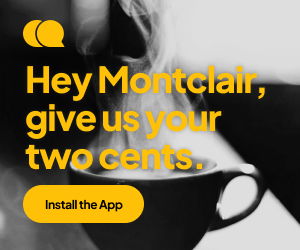




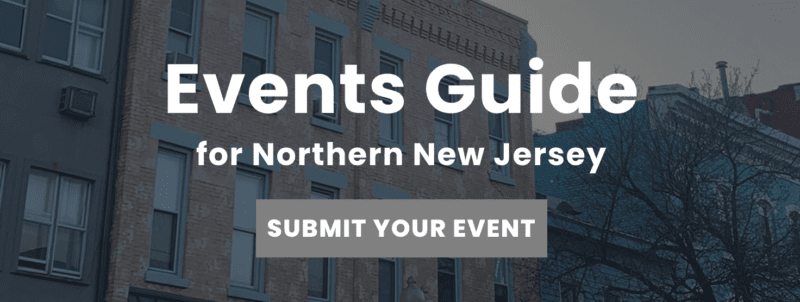


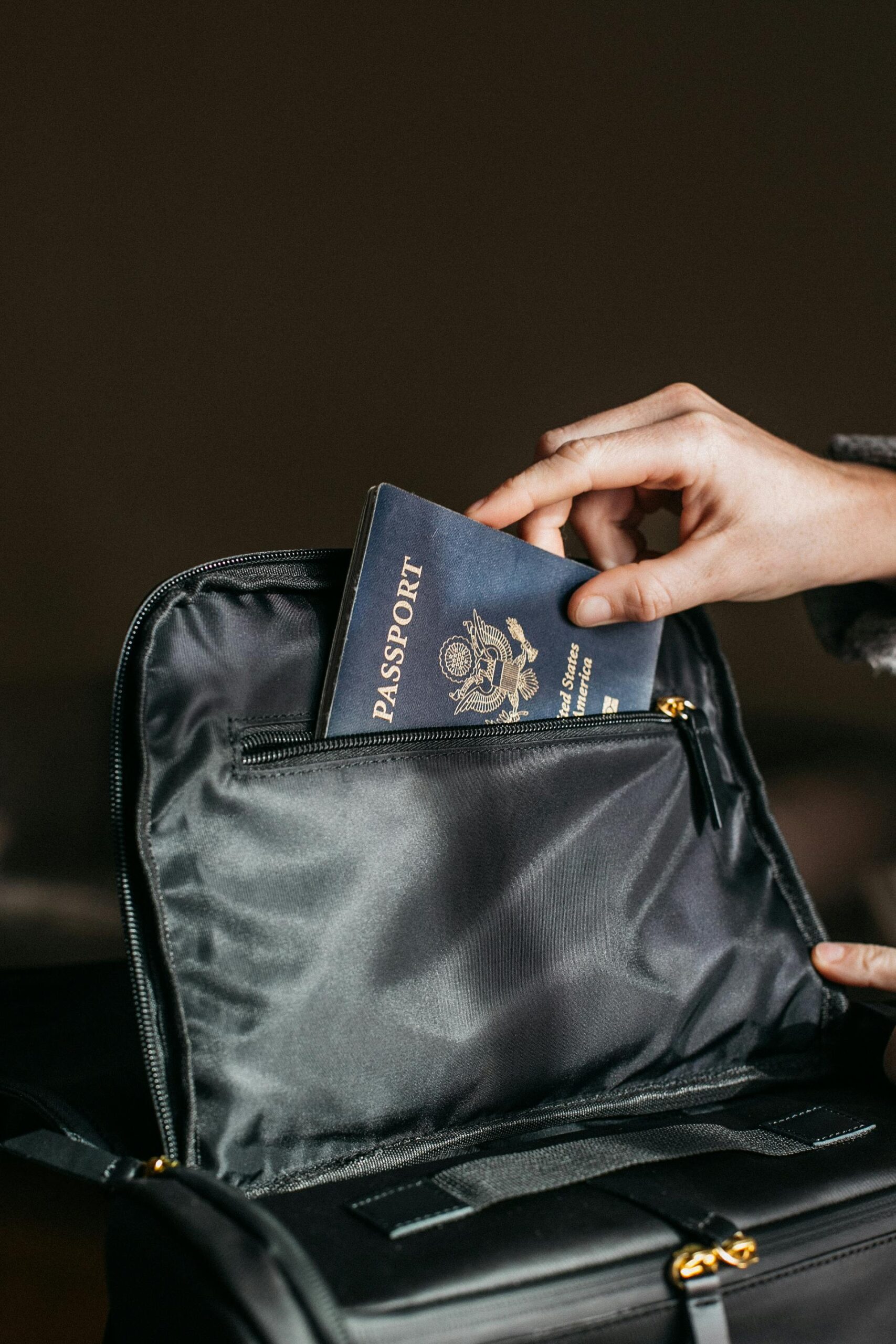
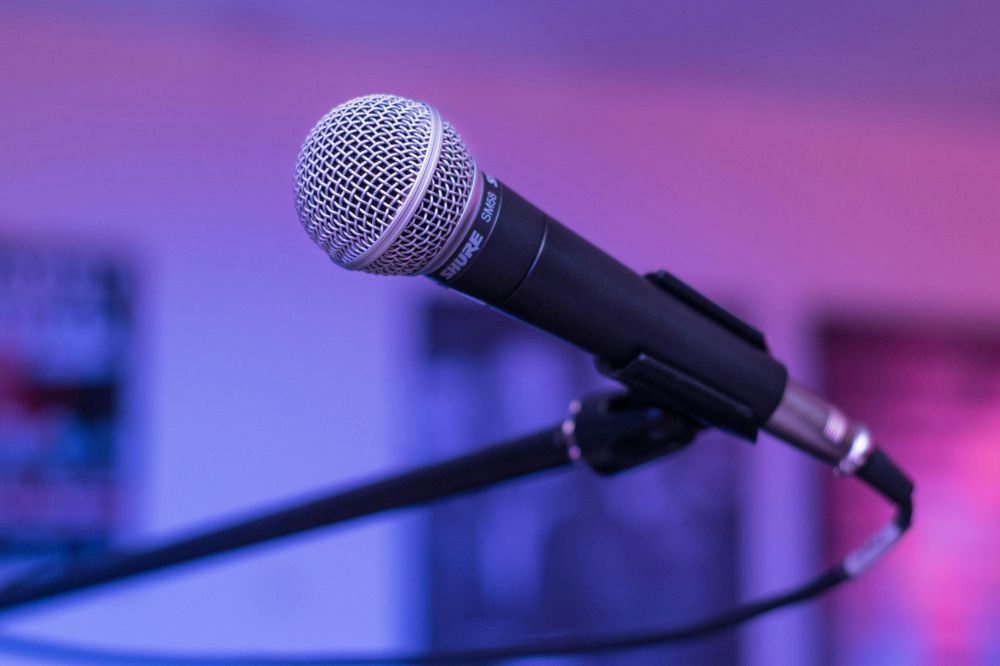
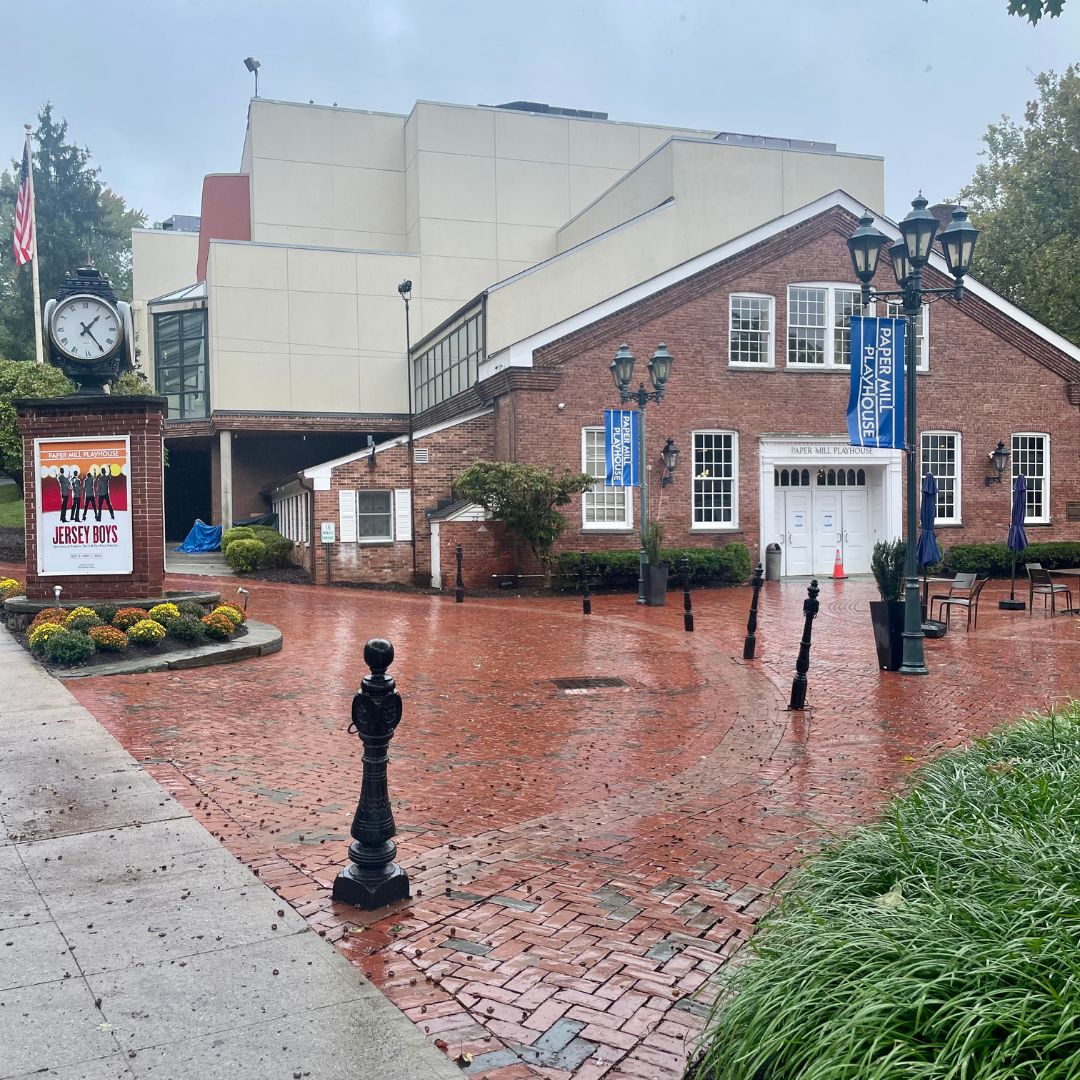

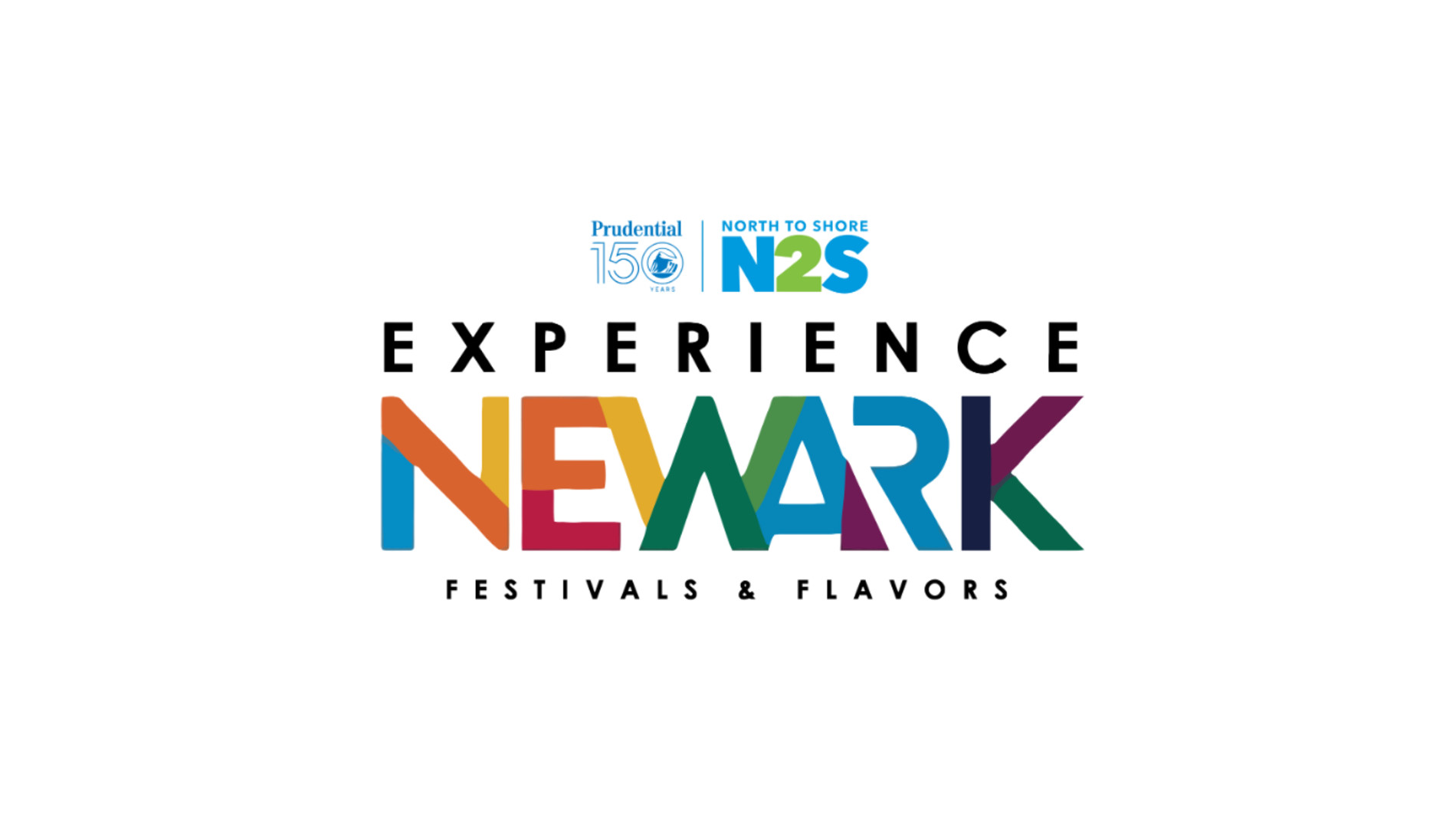
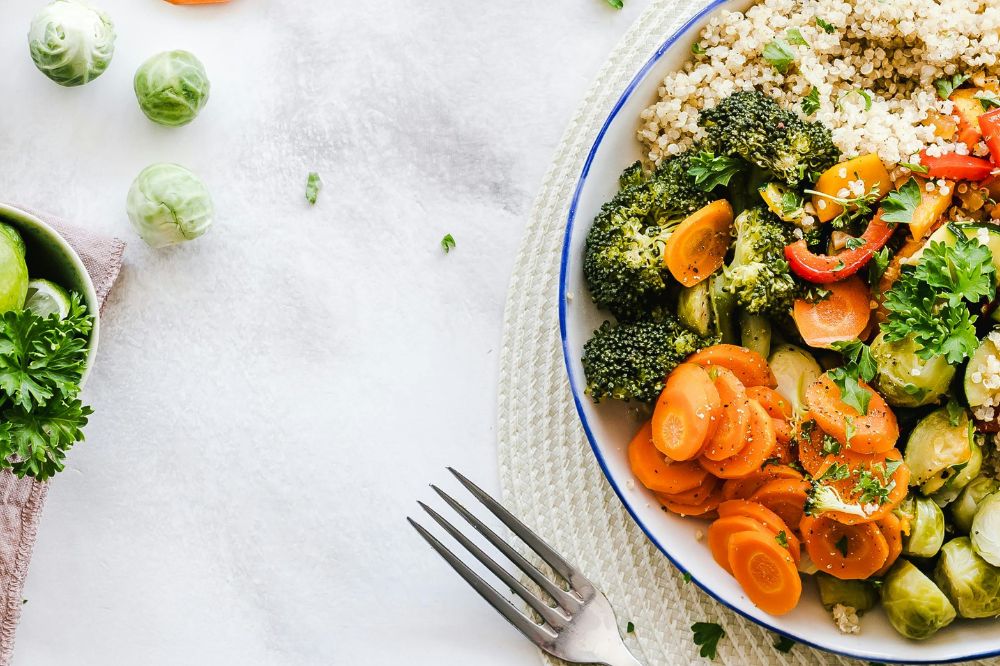
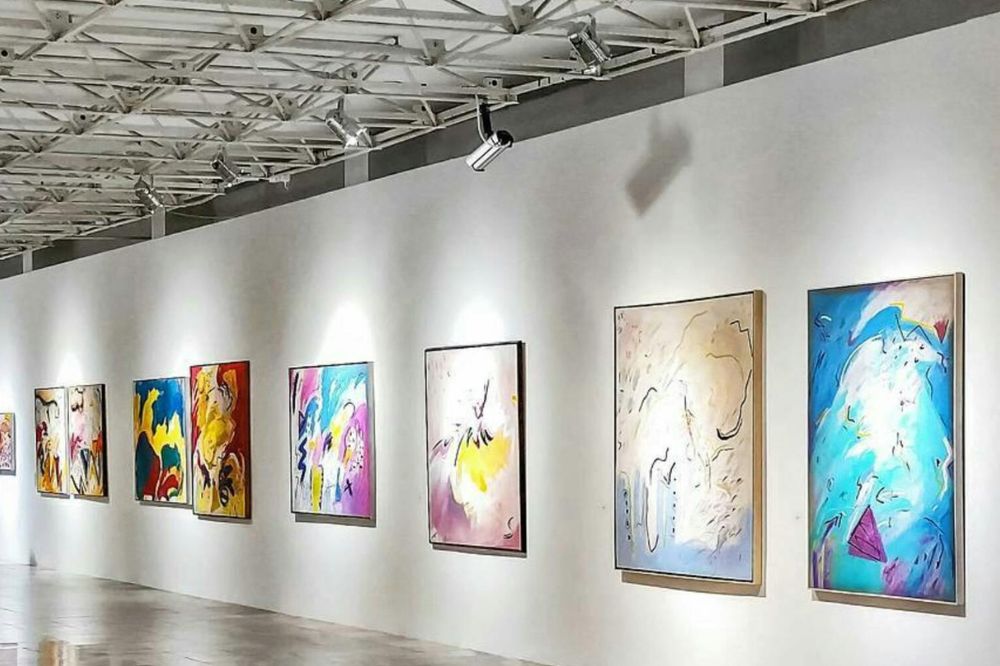
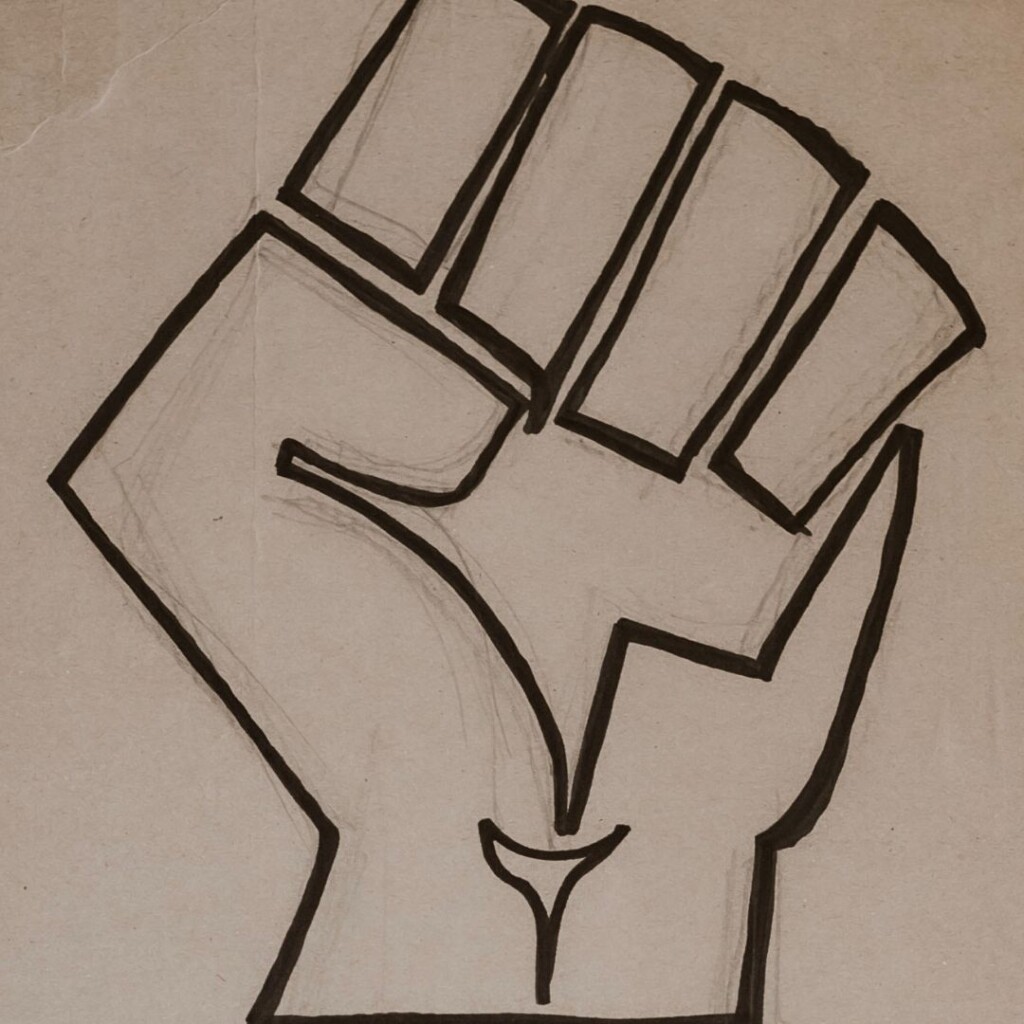
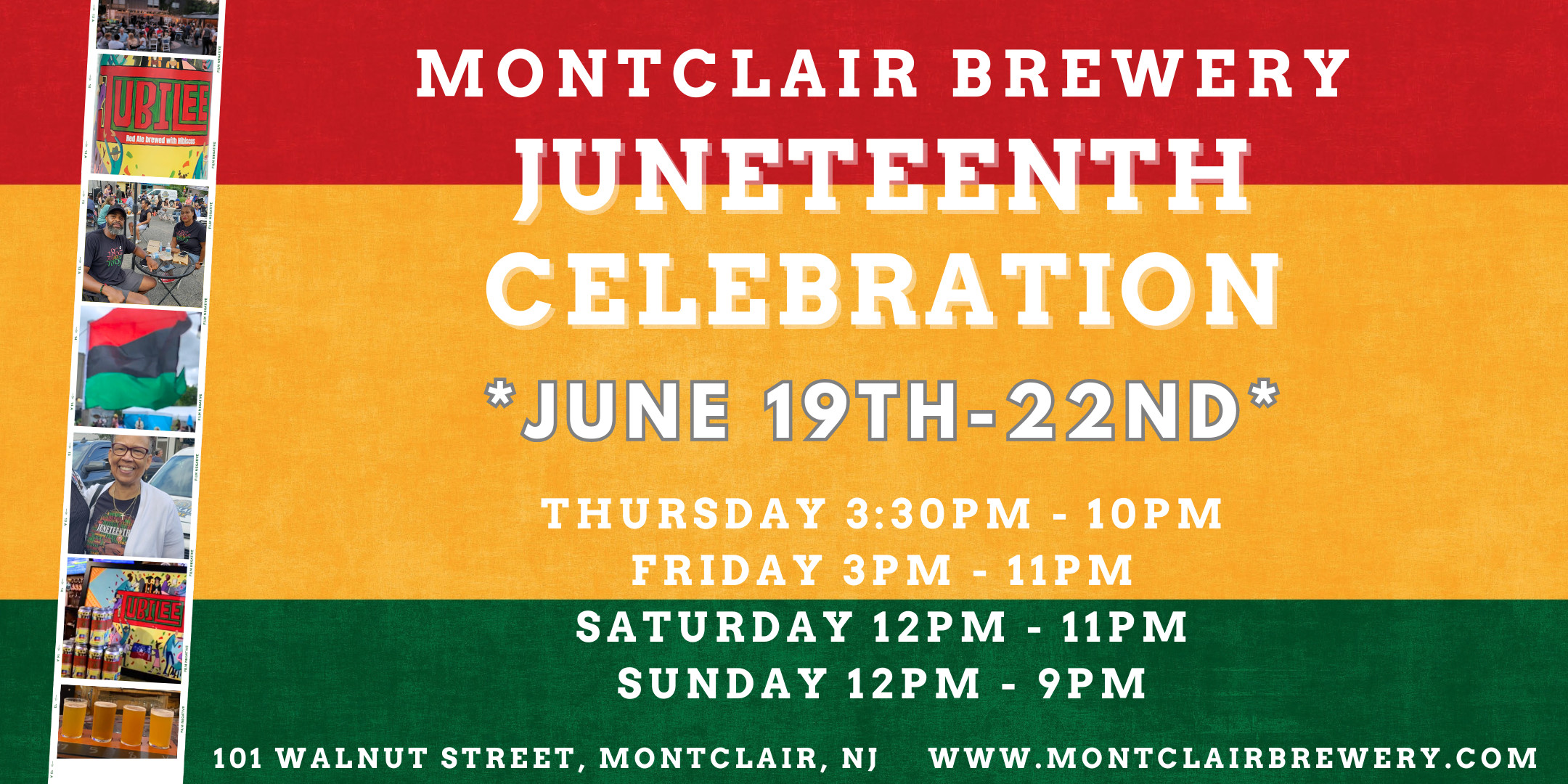
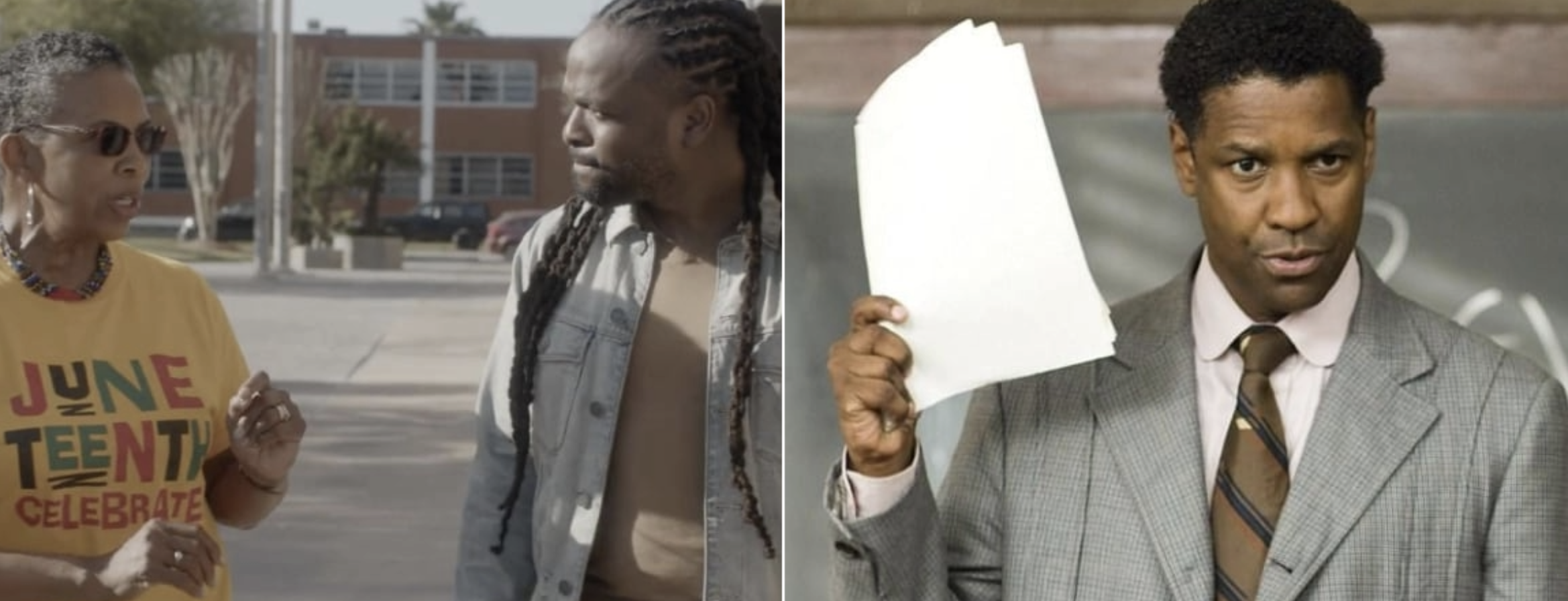

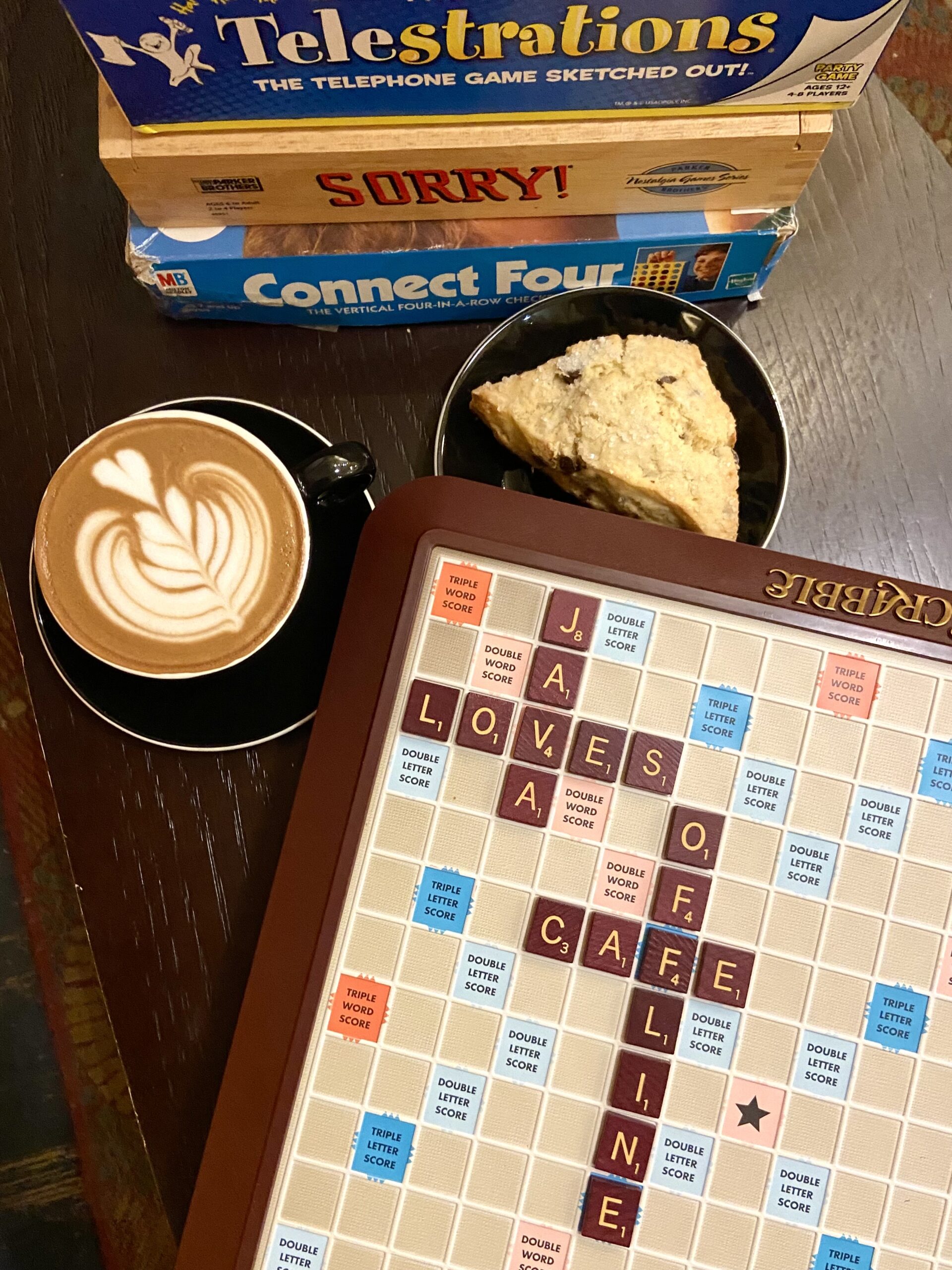


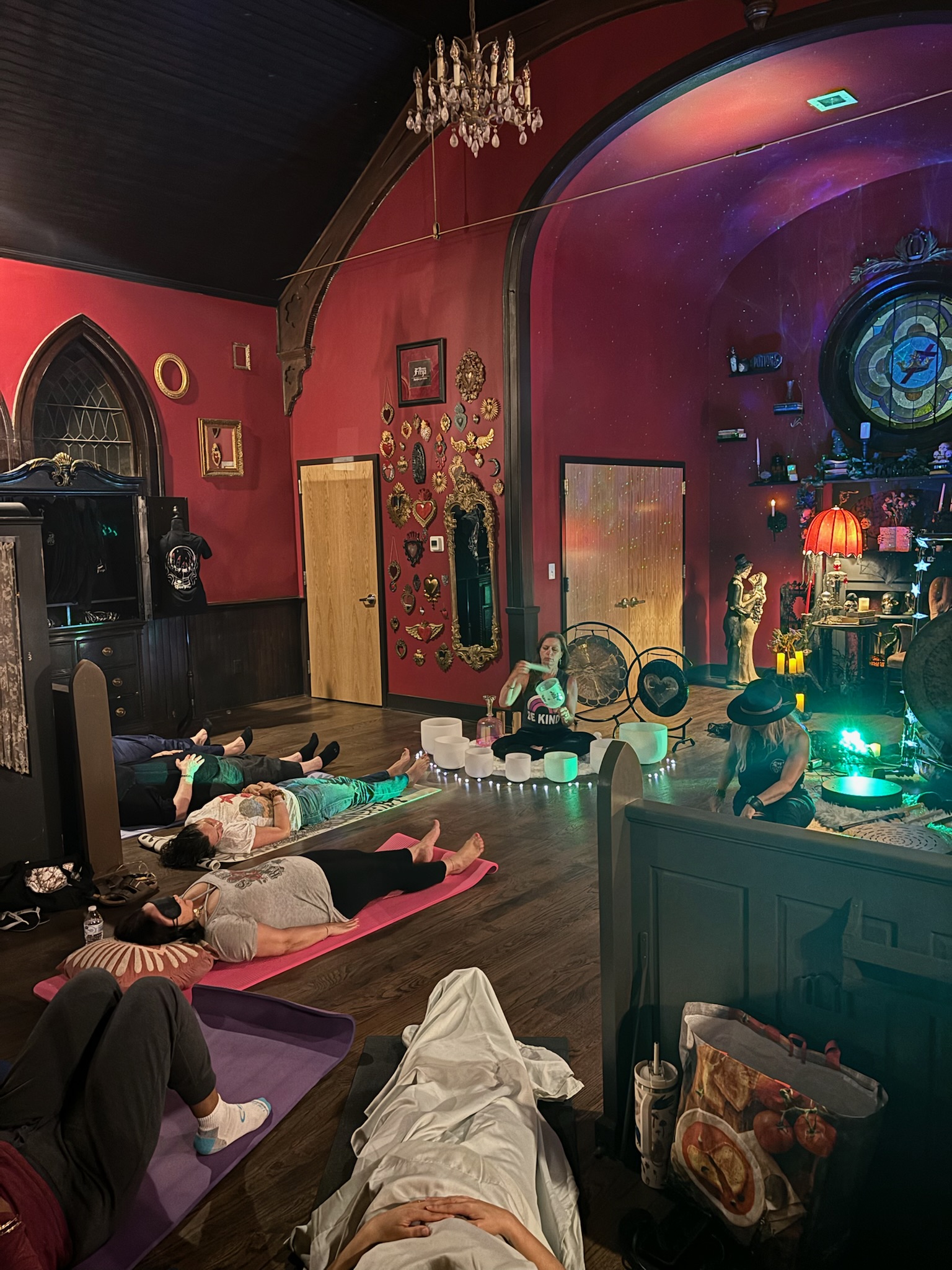


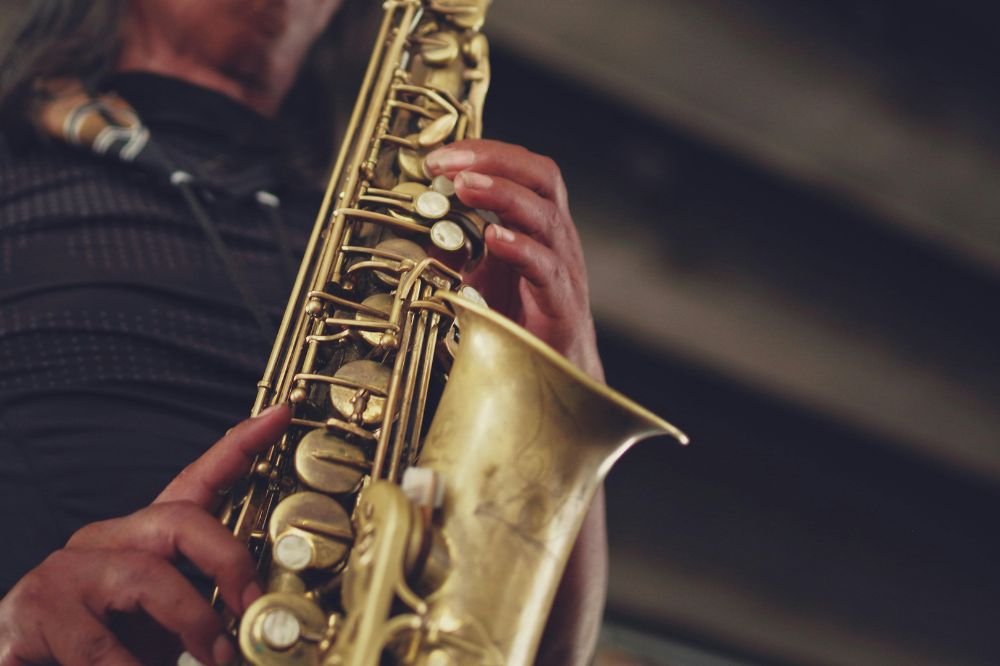
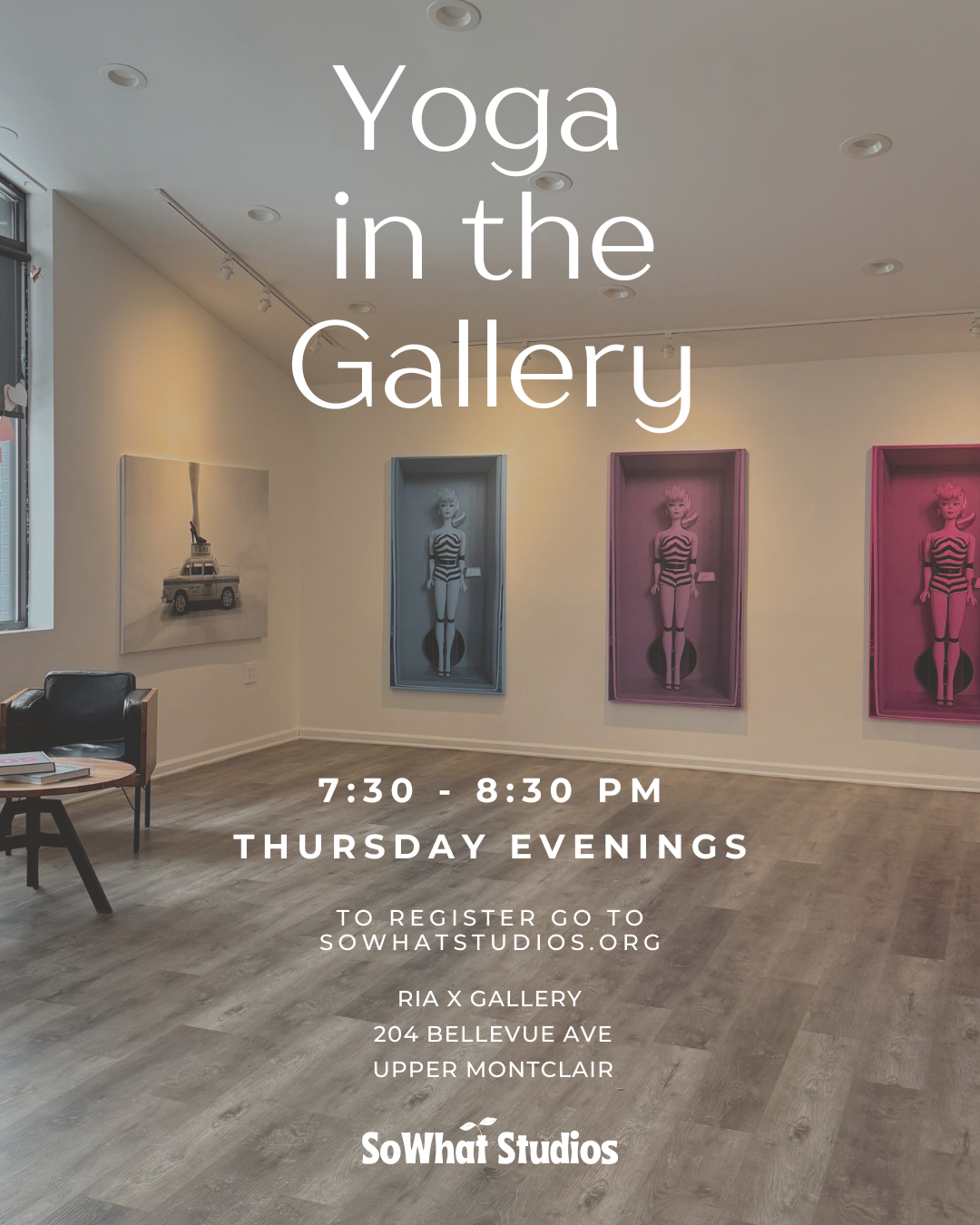
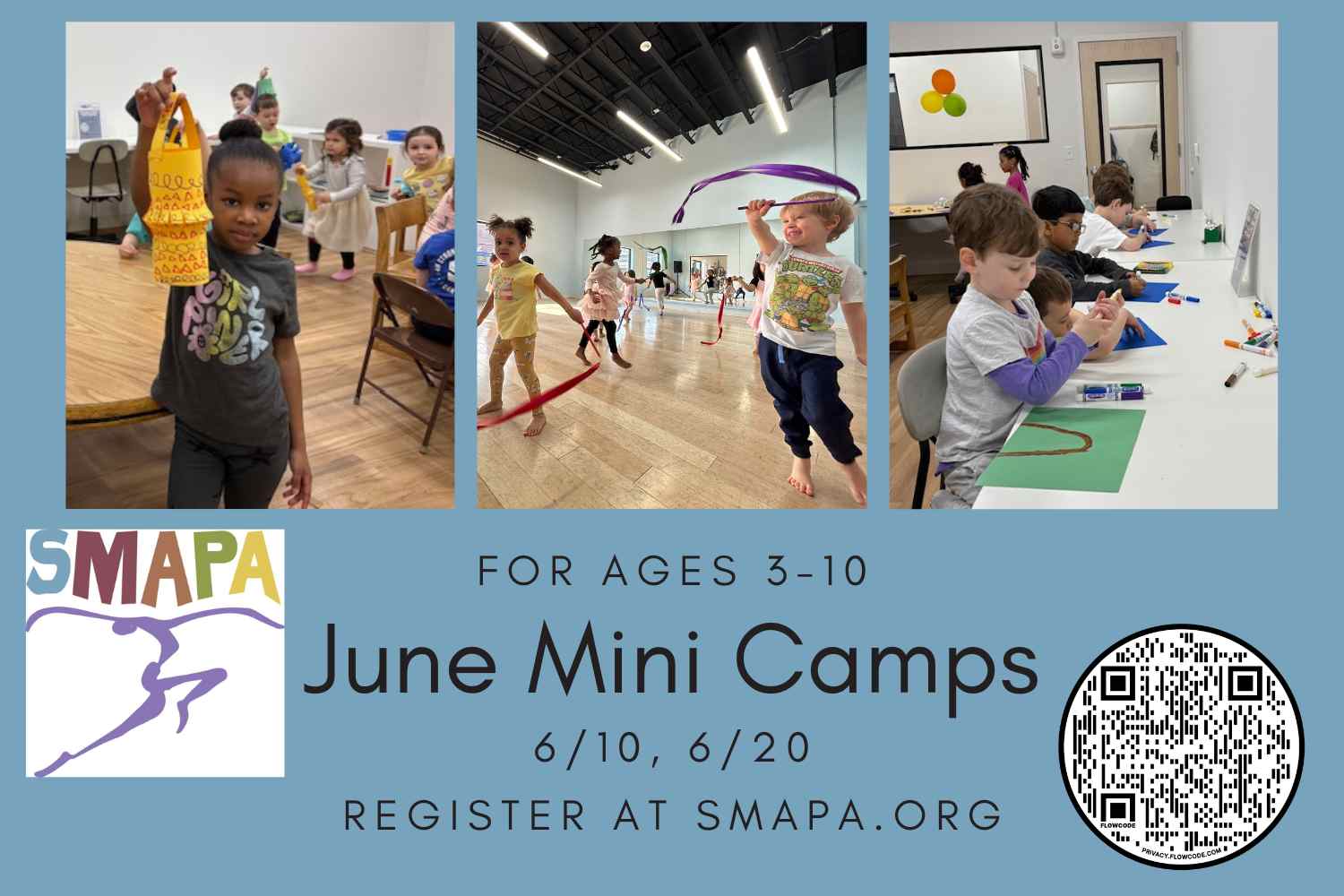

![DemetriMartin_1080x1080[1]](https://www.themontclairgirl.com/wp-content/uploads/2025/02/DemetriMartin_1080x10801.jpg)
